History
About this Collection
Whether it is David Hume’s eighteenth-century account of English history stretching from Julius Caesar to the Glorious Revolution or Edmund Burke’s analysis of the American and French Revolutions as he watched them unfold, our history collection reflects on the events of history and the ways we discuss those events over time.
Key People
Titles & Essays
Quotes
Presidents, Kings, Tyrants, & Despots
Adam Ferguson notes that “implicit submission to any leader, or the uncontrouled exercise of any power” leads to a form of military government and ultimately despotism (1767)
Economics
Adam Ferguson observed that social structures of all kinds were “the result of human action, but not the execution of any human design” (1782)
Politics & Liberty
Adam Ferguson on Factional Quarrels
Philosophy
Adam Ferguson on Love, Self-Interest, and Pleasure
Taxation
Alexander Hamilton denounces the British for imposing “oppressive taxes” on the colonists which amount to tyranny, a form of slavery, and vassalage to the Empire (1774)
Class
Alexander Hamilton on the Civil Balance of Power
Politics & Liberty
Andrew Fletcher believed that too many people were deceived by the “ancient terms and outwards forms” of their government but had in fact lost their ancient liberties (1698)
Colonies, Slavery & Abolition
Benjamin Franklin and the Need for Unity among the Colonies
Food & Drink
Benjamin Franklin on killing and cooking a turkey with electricity (1748)
Colonies, Slavery & Abolition
Benjamin Franklin on making the transition from slavery to civil liberty (1789)
The State
Benjamin Franklin on the “superstructure” of Good Government (1736)
Revolution
Benjamin Franklin on the trade off between essential liberty and temporary safety (1775)
Society
Benjamin Franklin’s List of Virtues for “Clean” Living
War & Peace
Cobden argues that the British Empire will inevitably suffer retribution for its violence and injustice (1853)
War & Peace
Cobden on the complicity of the British people in supporting war (1852)
Free Trade
Cobden on the folly of using government force to “protect commerce” (1836)
War & Peace
Daniel Webster thunders that the introduction of conscription would be a violation of the constitution, an affront to individual liberty, and an act of unrivaled despotism (1814)
Origin of Government
David Hume argued that Individual Liberty emerged slowly out of the “violent system of government” which had earlier prevailed in Europe (1778)
Liberty
Edmund Burke on liberty as “social” not “individual” liberty (1789)
Presidents, Kings, Tyrants, & Despots
Edward Gibbon believed that unless public liberty was defended by “intrepid and vigilant guardians” any constitution would degenerate into despotism (1776)
Politics & Liberty
Edward Gibbon called the loss of independence and excessive obedience the "secret poison" which corrupted the Roman Empire (1776)
Presidents, Kings, Tyrants, & Despots
Edward Gibbon gloomily observed that in a unified empire like the Roman there was nowhere to escape, whereas with a multiplicity of states there were always gaps and interstices to hide in (1776)
Odds & Ends
Edward Gibbon reveals the reasons why he wrote on the Decline of the Roman Empire, “the greatest, perhaps, and most awful scene in the history of mankind” (1776)
Politics & Liberty
Ferguson on the flourishing of man’s intellectual powers in a commercial society (1767)
Colonies, Slavery & Abolition
Frederick Douglass and his Desire to be Free
Colonies, Slavery & Abolition
Frederick Douglass makes a New Year’s resolution to gain his freedom from slavery (1836)
Colonies, Slavery & Abolition
Frederick Douglass on Abraham Lincoln and the Emancipation Proclamation
Quote
Frederick Douglass on Religion and Slavery
Colonies, Slavery & Abolition
Frederick Douglass on the Ballot Box, the Jury Box, and the Cartridge Box
Women’s Rights
Frederick Douglass on Women’s Right to Vote
Politics & Liberty
Georg Jellinek argues that Lafayette was one of the driving forces behind the French Declaration of the Rights of Man and of the Citizen (1789)
Politics & Liberty
George Washington on the Difference between Commercial and Political Relations with other Countries (1796)
Taxation
George Washington on the Whiskey Rebellion and the Pardon Power
Presidents, Kings, Tyrants, & Despots
George Washington warns that the knee jerk reaction of citizens to problems is to seek a solution in the creation of a “new monarch”(1786)
Presidents, Kings, Tyrants, & Despots
George Washington warns the nation in his Farewell Address, that love of power will tend to create a real despotism in America unless proper checks and balances are maintained to limit government power (1796)
Politics & Liberty
Germaine de Staël on the indestructible love of liberty (1818)
Politics & Liberty
Gouverneur Morris on the proper balance between commerce, private property, and political liberty (1776)
Liberty
Guizot on how intellectual and political diversity and competition created a unique European civilization (1828)
Politics & Liberty
Guizot on liberty and reason (1851)
Liberty
Guizot on man’s unquenchable desire for liberty and free political institutions (1820-22)
The State
Guizot on the legitimacy of state power and its limits (1851)
Literature & Music
Gustave de Beaumont and Irish liberty (1839)
Colonies, Slavery & Abolition
Harriet Martineau on the institution of slavery, “restless slaves”, and the Bill of Rights (1838)
Presidents, Kings, Tyrants, & Despots
Henry Parker on Parliament’s role in limiting the power of Kings (1642)
The State
Hippolyte Taine on how the modern bureaucratic state destroys spontaneous and fruitful private cooperation (1890)
Law
James Mackintosh on how constitutions grow and are not made (1799)
Justice
James Mackintosh on the relationship between justice and utility (1791)
War & Peace
James Madison argues that the Constitution places war-making powers squarely with the legislative branch; for the president to have these powers is the “the true nurse of executive aggrandizement” (1793)
Class
James Madison on the “sagacious and monied few” who are able to “harvest” the benefits of government regulations (1787)
Parties & Elections
James Madison on the dangers of elections resulting in overbearing majorities who respect neither justice nor individual rights, Federalist 10 (1788)
Politics & Liberty
James Madison on the mischievous effects of mutable government in The Federalist no. 62 (1788)
War & Peace
James Madison on the necessity of separating the power of “the sword from the purse” (1793)
Politics & Liberty
James Madison on the need for the “separation of powers” because “men are not angels,” Federalist 51 (1788)
War & Peace
James Madison on the need for the people to declare war and for each generation, not future generations, to bear the costs of the wars they fight (1792)
Origin of Government
James Otis on the right of the people to alter their government (1764)
Presidents, Kings, Tyrants, & Despots
Jefferson feared that it would only be a matter of time before the American system of government degenerated into a form of “elective despotism” (1785)
Presidents, Kings, Tyrants, & Despots
Jefferson on how Congress misuses the inter-state commerce and general welfare clauses to promote the centralization of power (1825)
Taxation
Jefferson on Taxes and the General Welfare (1791)
Politics & Liberty
Jefferson on the right to change one’s government (1776)
Taxation
Jefferson tells Congress that since tax revenues are increasing faster than population then taxes on all manner of items can be “dispensed with” (i.e. abolished) (1801)
Revolution
Jefferson warns about the rise of an “Anglo-Monarchio-Aristocratic party” in America (1797)
Presidents, Kings, Tyrants, & Despots
Jefferson’s list of objections to the British Empire in his first draft of the Declaration of Independence (1776)
Freedom of Speech
Jefferson’s preference for “newspapers without government” over “government without newspapers” (1787)
Law
John Adams argues that the British Empire is not a “true” empire but a form of a “republic” where the rule of law operates (1763)
Presidents, Kings, Tyrants, & Despots
John Adams on how absolute power intoxicates those who excercise that power (1814)
The State
John Adams on Religion and the Constitution
Law
John Adams predicts a glorious future for America under the new Constitution and is in “reverence and awe” at its future prospects (1787)
Politics & Liberty
John Adams thought he could see arbitrary power emerging in the American colonies and urged his countrymen to “nip it in the bud” before they lost all their liberties (1774)
Class
John C. Calhoun notes that taxation divides the community into two great antagonistic classes, those who pay the taxes and those who benefit from them (1850)
Politics & Liberty
John Calhoun and the Unchecked Majority
Politics & Liberty
John Calhoun on Concurrent Majorities
Politics & Liberty
John Calhoun on Executive Power and Constitutional Order
Colonies, Slavery & Abolition
John Calhoun on Slavery as a Positive Good
Politics & Liberty
John Calhoun on the Nature and Purpose of Constitutions
The State
John Calhoun on Unchecked Majorities
War & Peace
John Jay in The Federalist Papers discussed why nations go to war and concluded that it was not for justice but “whenever they have a prospect of getting any thing by it” (1787)
War & Peace
John Jay on the pretended as well as the just causes of war (1787)
Natural Rights
John Lilburne on one’s duty to respect “the Right, Due, and Propriety of all the Sons of Adam, as men” (1646)
Rhetoric of Liberty
John Lilburne rails against his unjust imprisonment (1646)
Presidents, Kings, Tyrants, & Despots
John Lilburne shows defiance to the tyrants who would force him to pay tythes to the Church (1648)
Rhetoric of Liberty
John Thelwall on political sheep shearing (1795)
Politics & Liberty
Leggett on the tendency of the government to become “the universal dispenser of good and evil” (1834)
Liberty
Liberty in the French Declaration of the Rights of Man and of the Citizen (1789)
Presidents, Kings, Tyrants, & Despots
Livy on the irrecoverable loss of liberty under the Roman Empire (10 AD)
Religion & Toleration
Lord Acton argues that civil liberty arose out of the conflict between the power of the Church and the Monarchy (1877)
Politics & Liberty
Lord Acton on the destruction of the liberal Girondin group and the suicide of Condorcet during the French Revolution (1910)
Revolution
Lord Acton on the storming of “the instrument and the emblem of tyranny” in Paris, the Bastille, on July 14, 1789 (1910)
Presidents, Kings, Tyrants, & Despots
Lord Acton writes to Bishop Creighton that the same moral standards should be applied to all men, political and religious leaders included, especially since “Power tends to corrupt and absolute power corrupts absolutely” (1887)
Sport and Liberty
Macaulay and Bunyan on the evils of swearing and playing hockey on Sunday (1830)
The State
Macaulay argues that “the main end” of government is the protection of persons and property (1839)
Presidents, Kings, Tyrants, & Despots
Macaulay argues that politicians are less interested in the economic value of public works to the citizens than they are in their own reputation, embezzlement and"jobs for the boys" (1830)
Rhetoric of Liberty
Macaulay wittily denounces a tyrannical priest as being an intermediate grub between sycophant and oppressor (1837)
Presidents, Kings, Tyrants, & Despots
Madame de Staël argues that Napoleon was able to create a tyrannical government by pandering to men’s interests, corrupting public opinion, and waging constant war (1817)
Liberty
Madame de Staël on how liberty is ancient and despotism is modern (1818)
Presidents, Kings, Tyrants, & Despots
Madame de Staël on the tyrant Napoleon (1818)
War & Peace
Madison argued that war is the major way by which the executive office increases its power, patronage, and taxing power (1793)
Liberty
Madison on “Parchment Barriers” and the defence of liberty I (1788)
Presidents, Kings, Tyrants, & Despots
Madison on “Parchment Barriers” and the defence of liberty II (1788)
Politics & Liberty
Mercy Otis Warren asks why people are so willing to obey the government and answers that it is supineness, fear of resisting, and the long habit of obedience (1805)
Presidents, Kings, Tyrants, & Despots
Michel Chevalier on two kinds of political power in America, the Caesars and the Commissioners (1835)
Presidents, Kings, Tyrants, & Despots
Pufendorf on the danger of rulers confusing their own self-interest with that of the State (1695)
Liberty
Richard Overton argues that to submit to the unjust rule by another is to violate one’s right of self ownership (1646)
Natural Rights
Richard Overton shoots “An Arrow against all Tyrants” from the prison of Newgate into the prerogative bowels of the arbitrary House of Lords and all other usurpers and tyrants whatsoever (1646)
Liberty
Richard Price on giving thanks for the principles of the Revolution of 1688 (1789)
War & Peace
Richard Price on how the “domestic enemies” of liberty have been more powerful and more successful than foreign enemies (1789)
Politics & Liberty
Richard Price on the true Nature of Love of One’s Country (1789)
Economics
Robert Molesworth on the benefits of open borders and free immigration (1705)
Law
Spooner states the importance of the 9th Amendment to the American Constitution which protects the natural rights of the people not enumerated in the first 8 Amendments (1886)
Education
The ex-slave Frederick Douglass reveals that reading speeches by English politicians produced in him a deep love of liberty and hatred of oppression (1882)
Literature & Music
Thierry on the need for songs about our lost liberties which will act as a barrier to encroaching power (1845)
Colonies, Slavery & Abolition
Thomas Clarkson on the “glorious” victory of the abolition of the slave trade in England (1808)
Presidents, Kings, Tyrants, & Despots
Thomas Gordon compares the Greatness of Spartacus with that of Julius Caesar (1721)
Presidents, Kings, Tyrants, & Despots
Thomas Gordon on how people are frightened into giving up their liberties (1722)
Parties & Elections
Thomas Gordon on how the “Spirit of Party” substitutes party principles for moral principles, thus making it possible for the worst to get on top (1744)
War & Peace
Thomas Gordon on standing armies as a power which is inconsistent with liberty (1722)
The State
Thomas Gordon on the nature of power to expand (1721)
Taxation
Thomas Jefferson boasts about having reduced the size of government and eliminated a number of “vexatious” taxes (1805)
Colonies, Slavery & Abolition
Thomas Jefferson’s First Draft of the Declaration of Independence denounced the slave trade as an “execrable Commerce” and slavery itself as a “cruel war against nature itself” (1776)
Presidents, Kings, Tyrants, & Despots
Thucydides on political intrigue in the divided city of Corcyra caused by the “desire to rule” (5thC BC)
Colonies, Slavery & Abolition
Tocqueville on Centralised Government in Canada and Decentralised Government in America (1856)
Religion & Toleration
William Walwyn wittily argues against state enforced religious conformity (1646)
Notes About This Collection
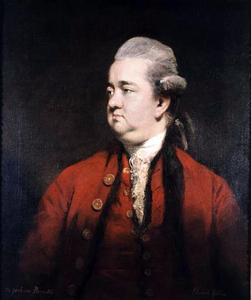 |
 |
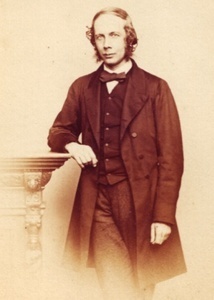 |
|---|---|---|
| Edward Gibbon (1737-1794) | Thomas Babbington Macaulay (1800-1859) | Henry Sumner Maine (1822-1888) |
See also the extracts, chapters, and introductions in the History section of the Ideas page.
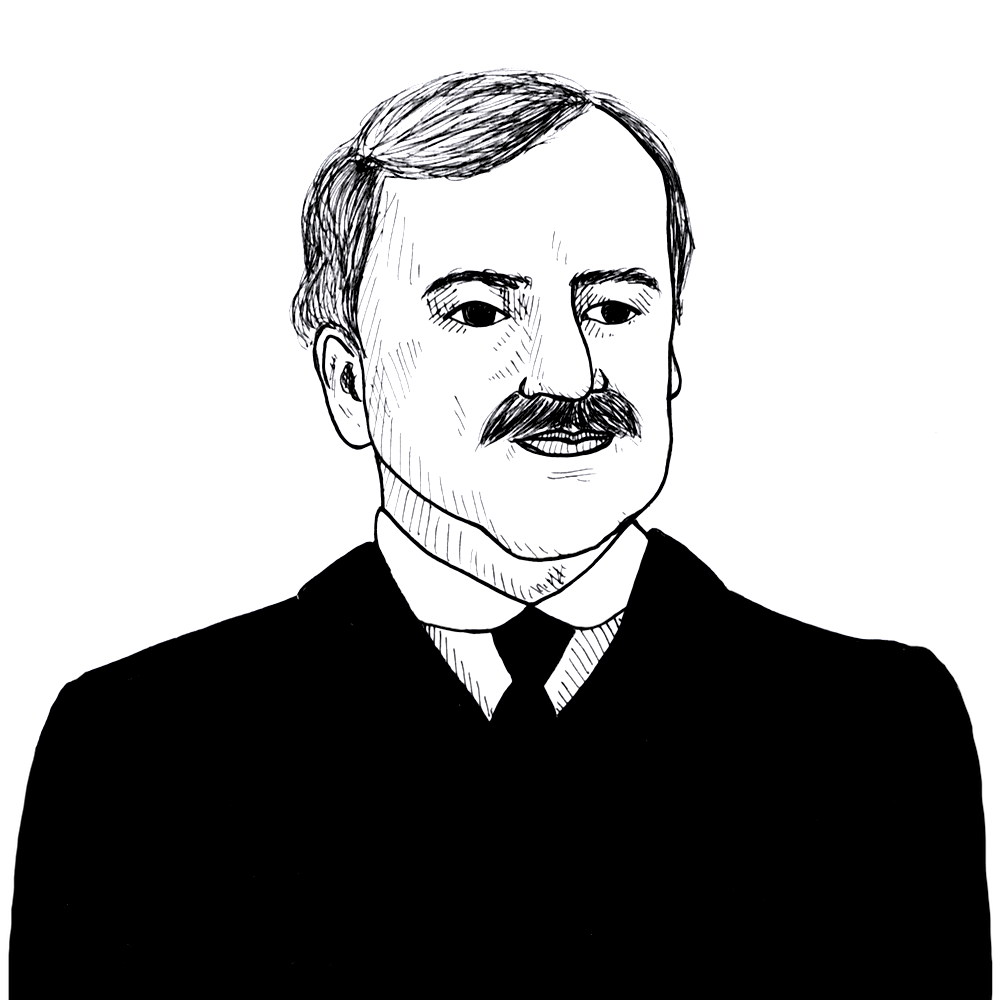
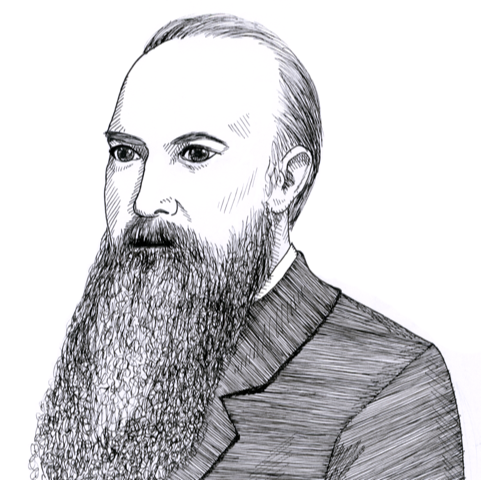
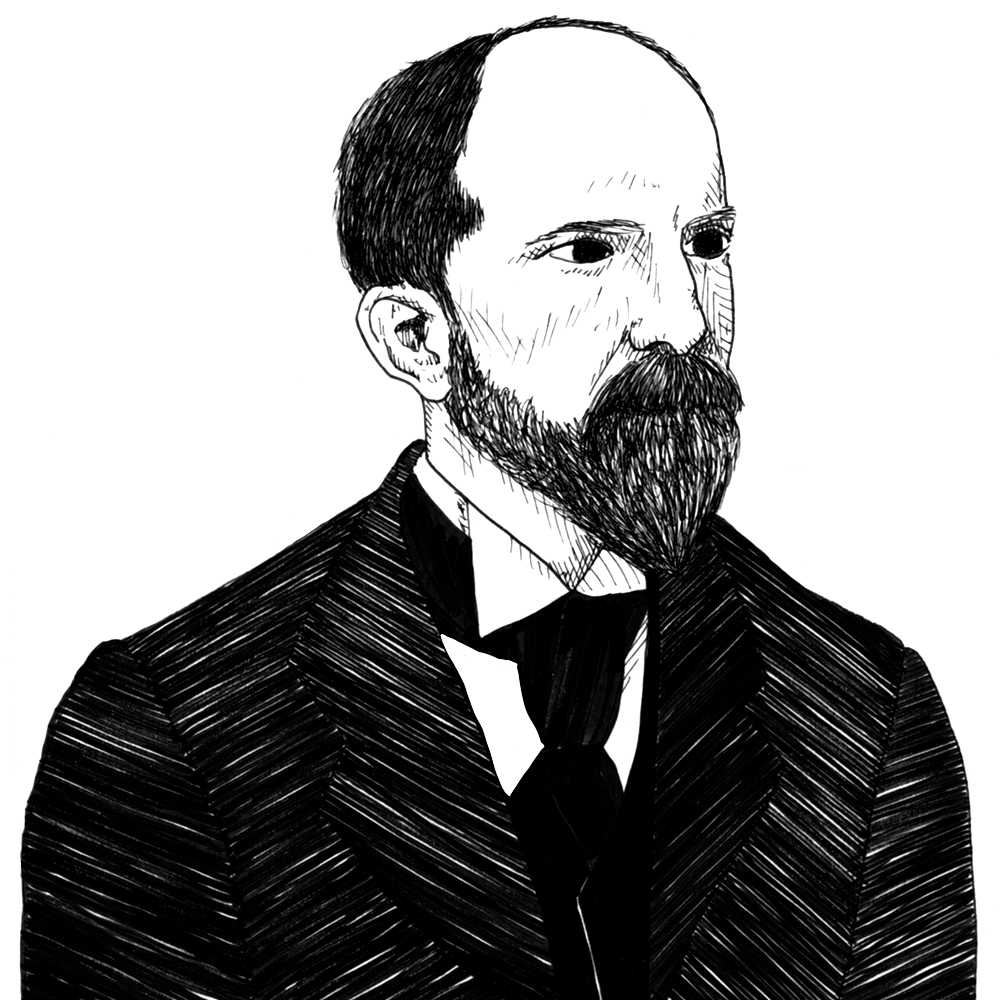

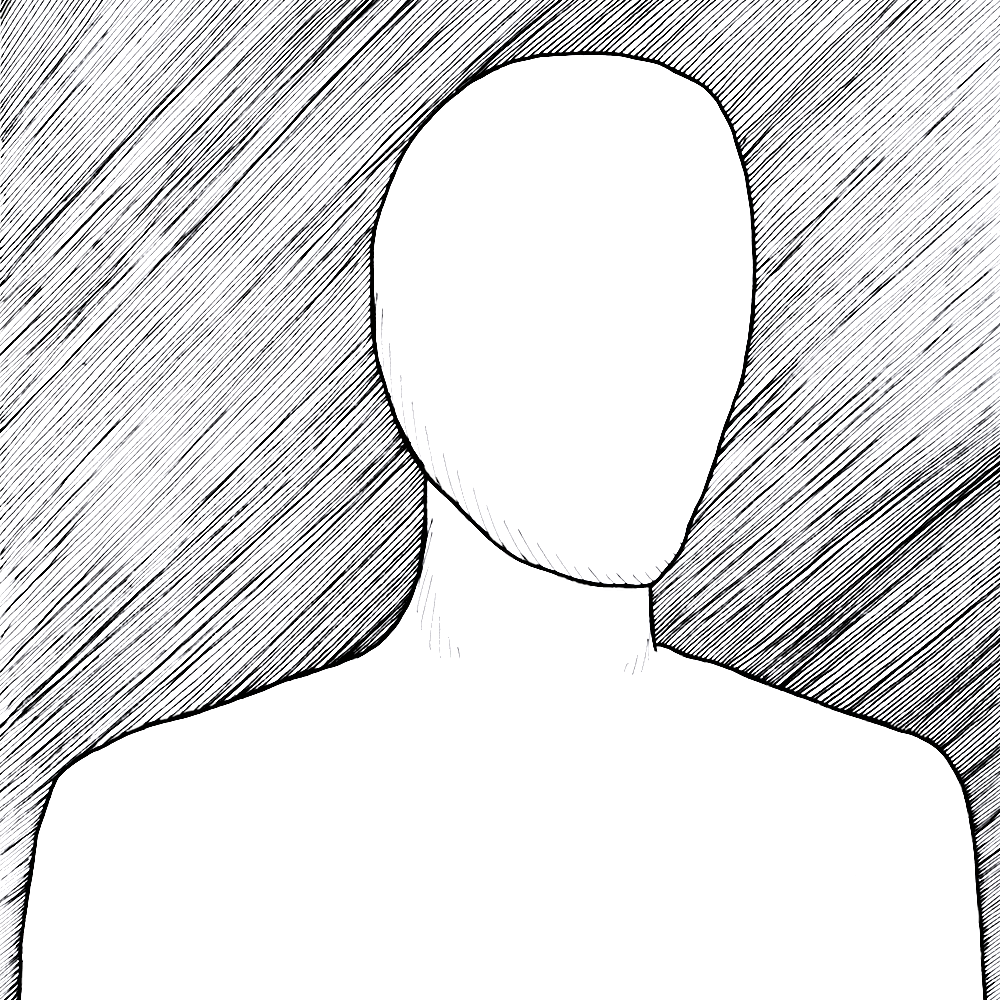
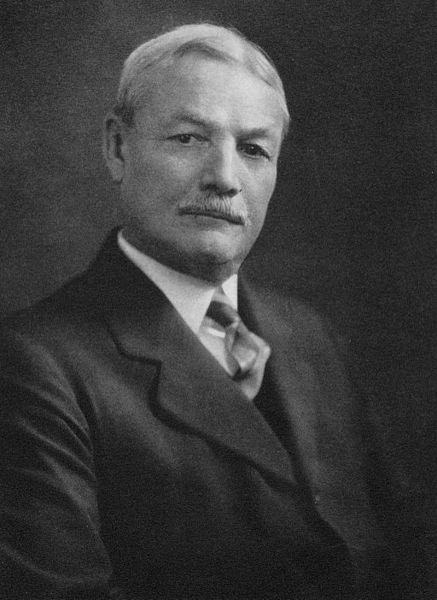
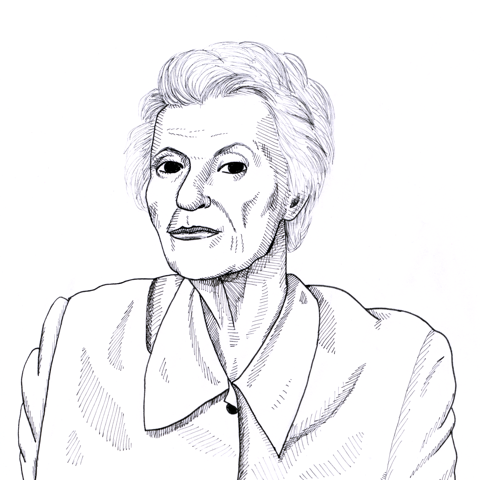


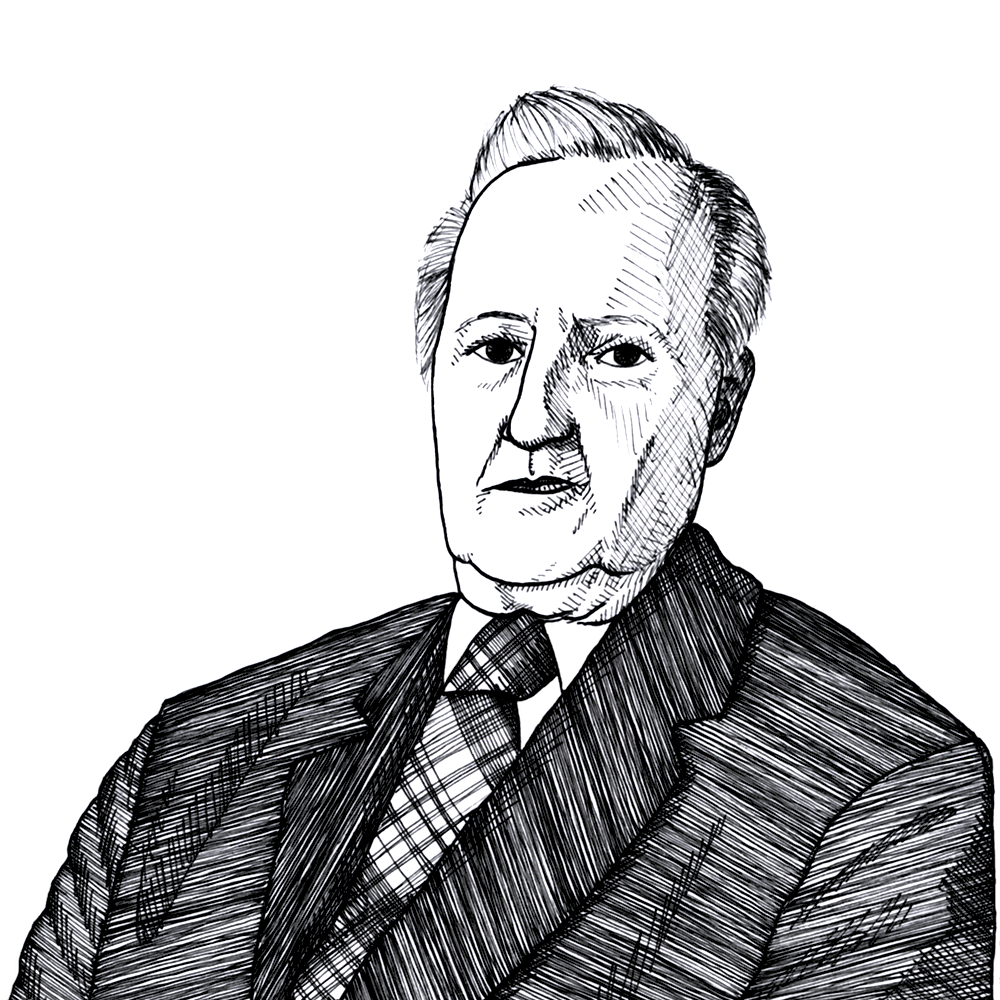
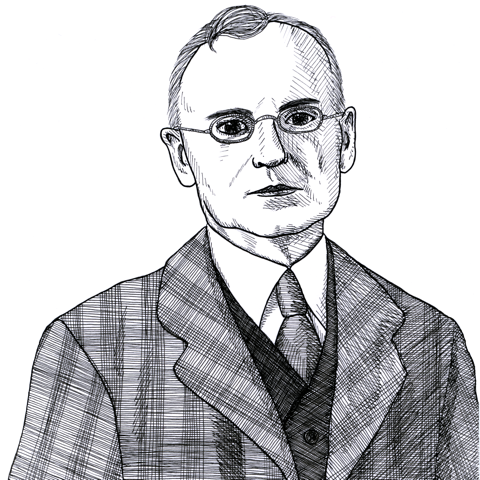



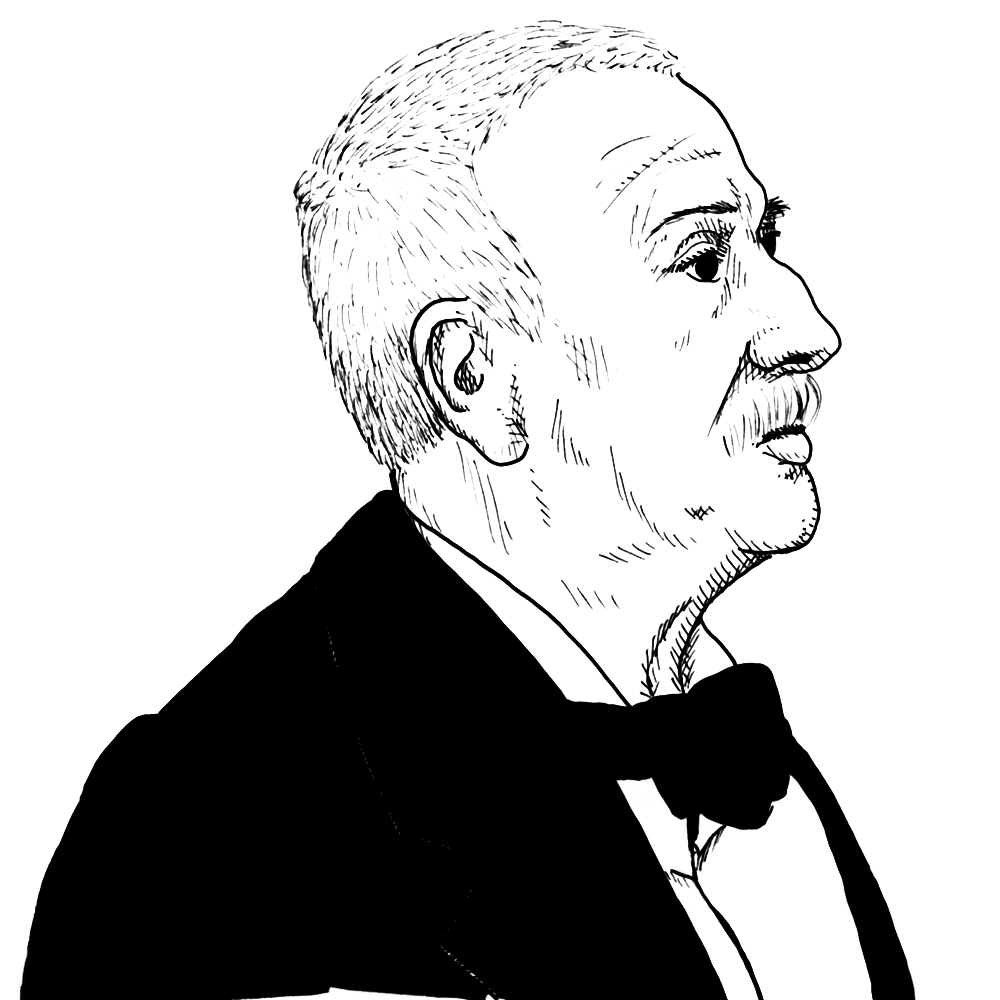
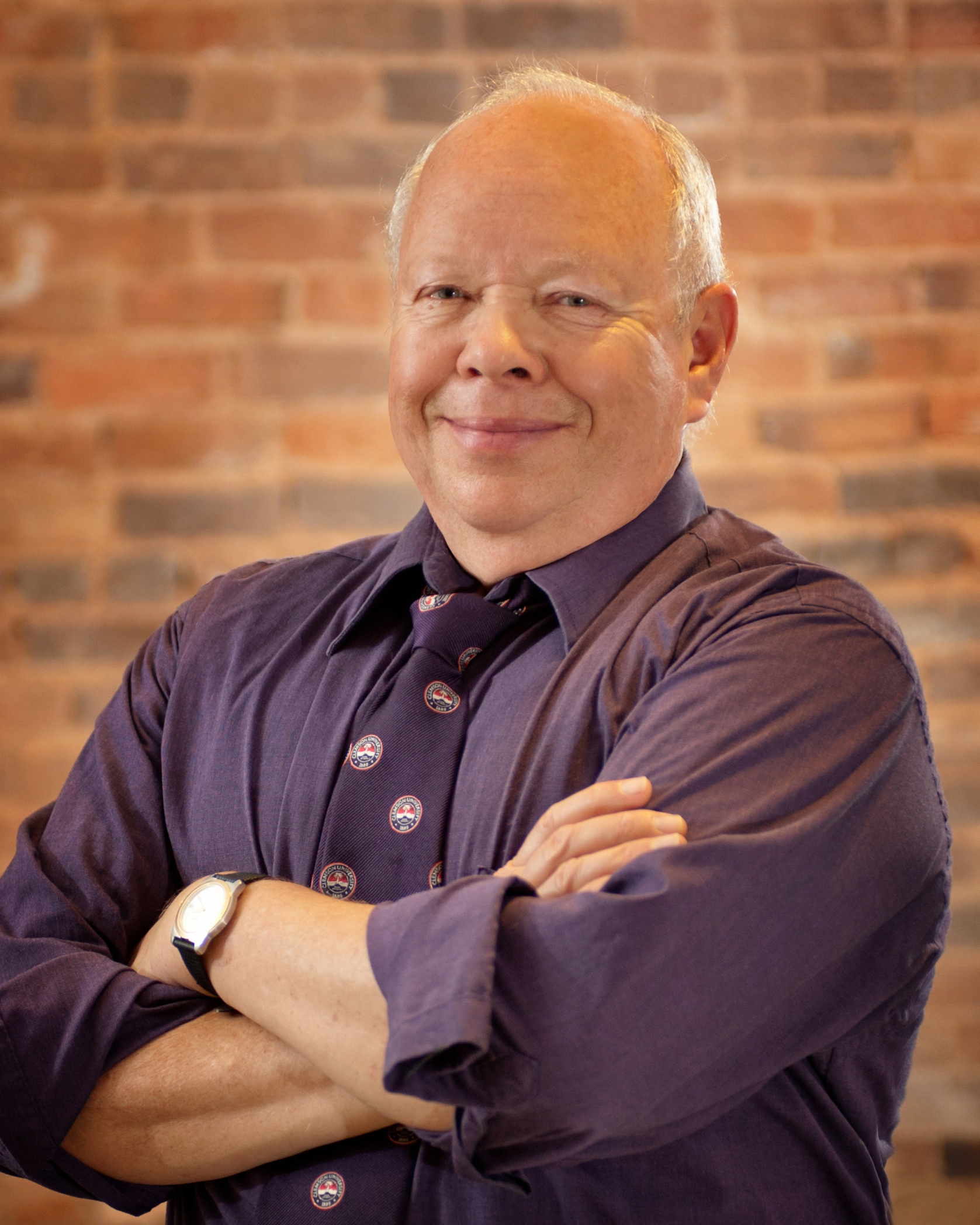
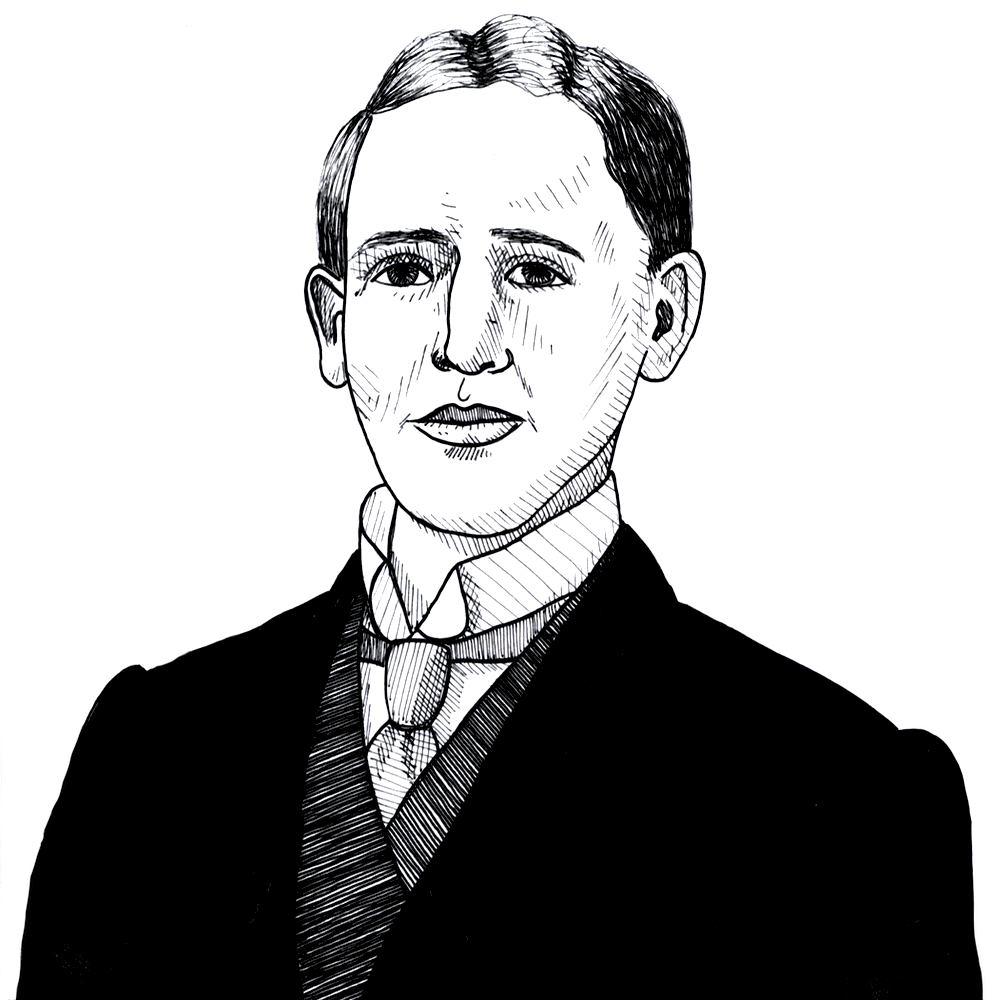







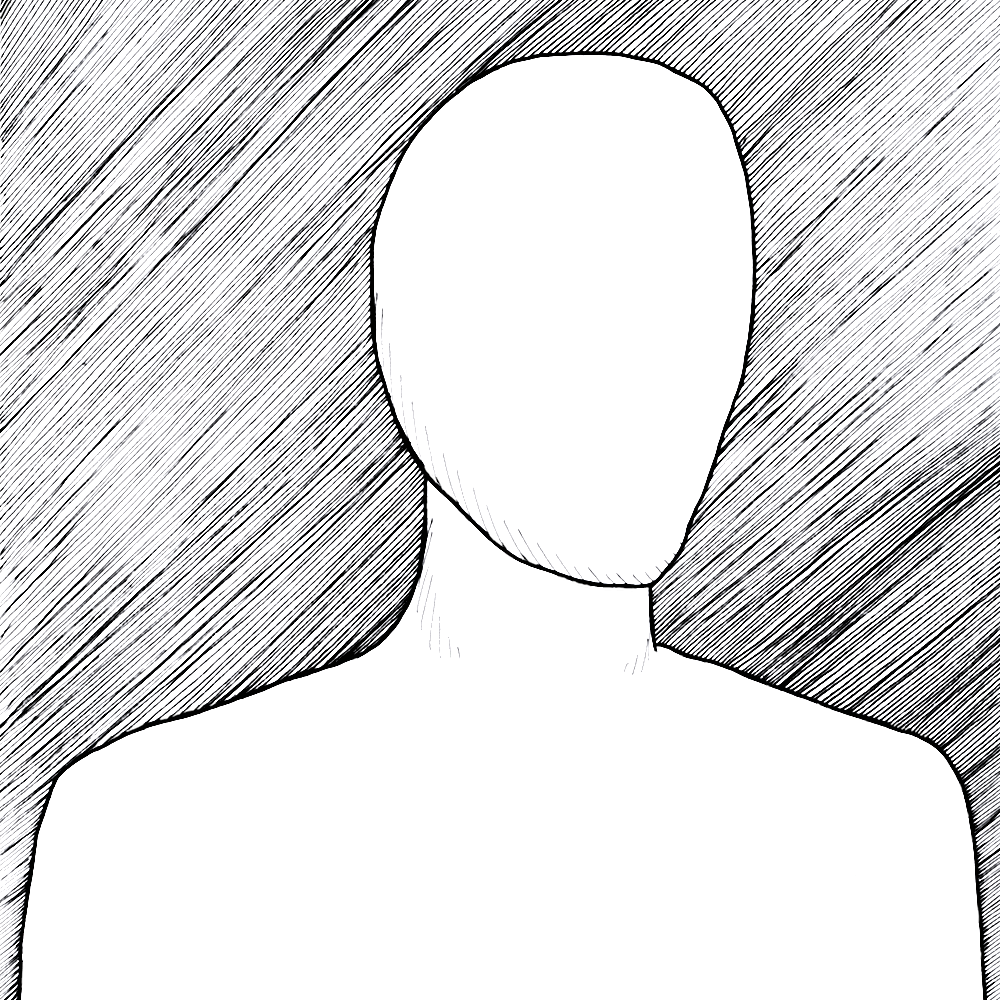



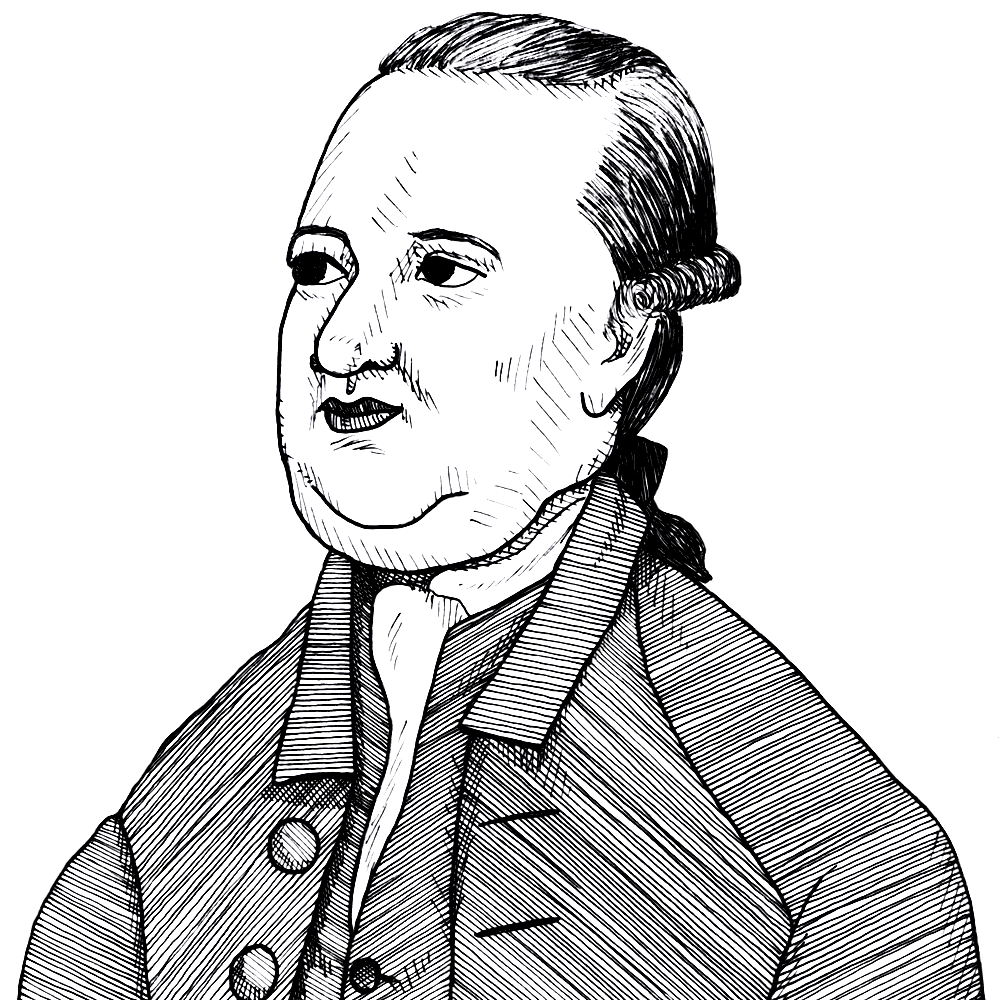

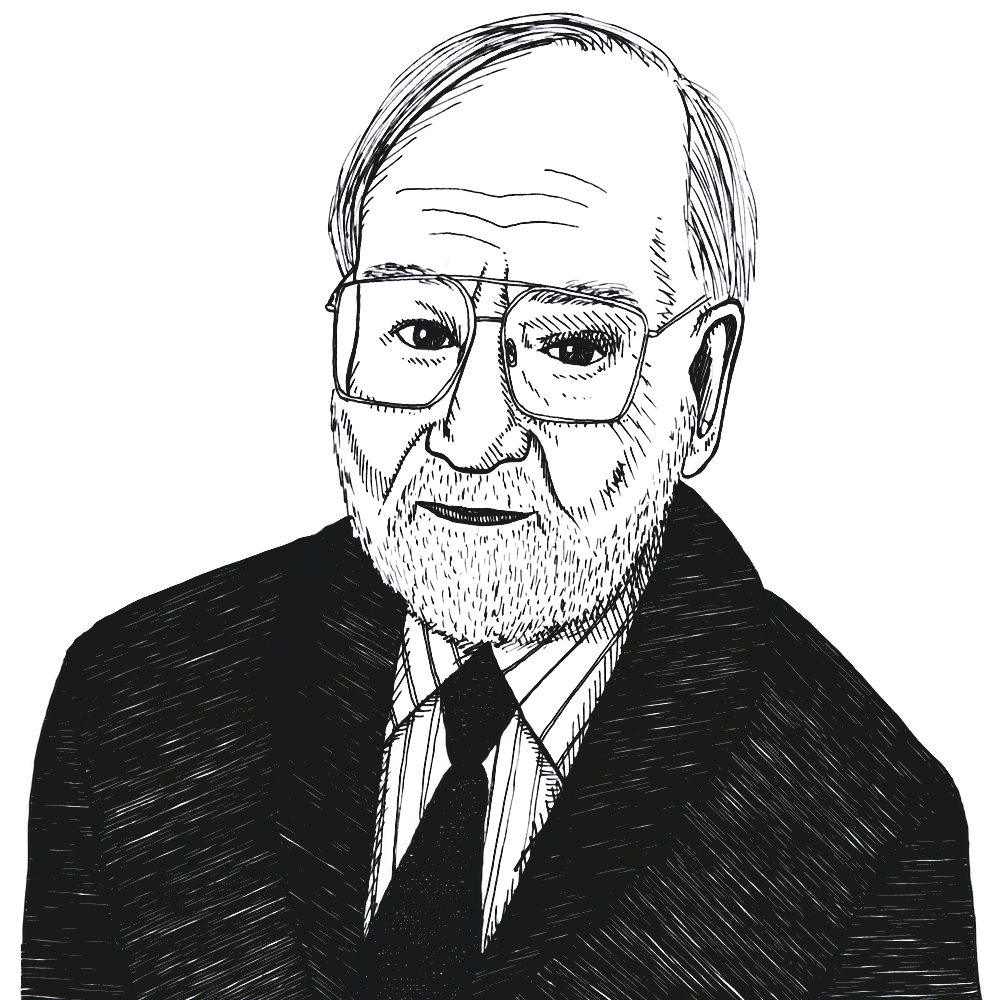
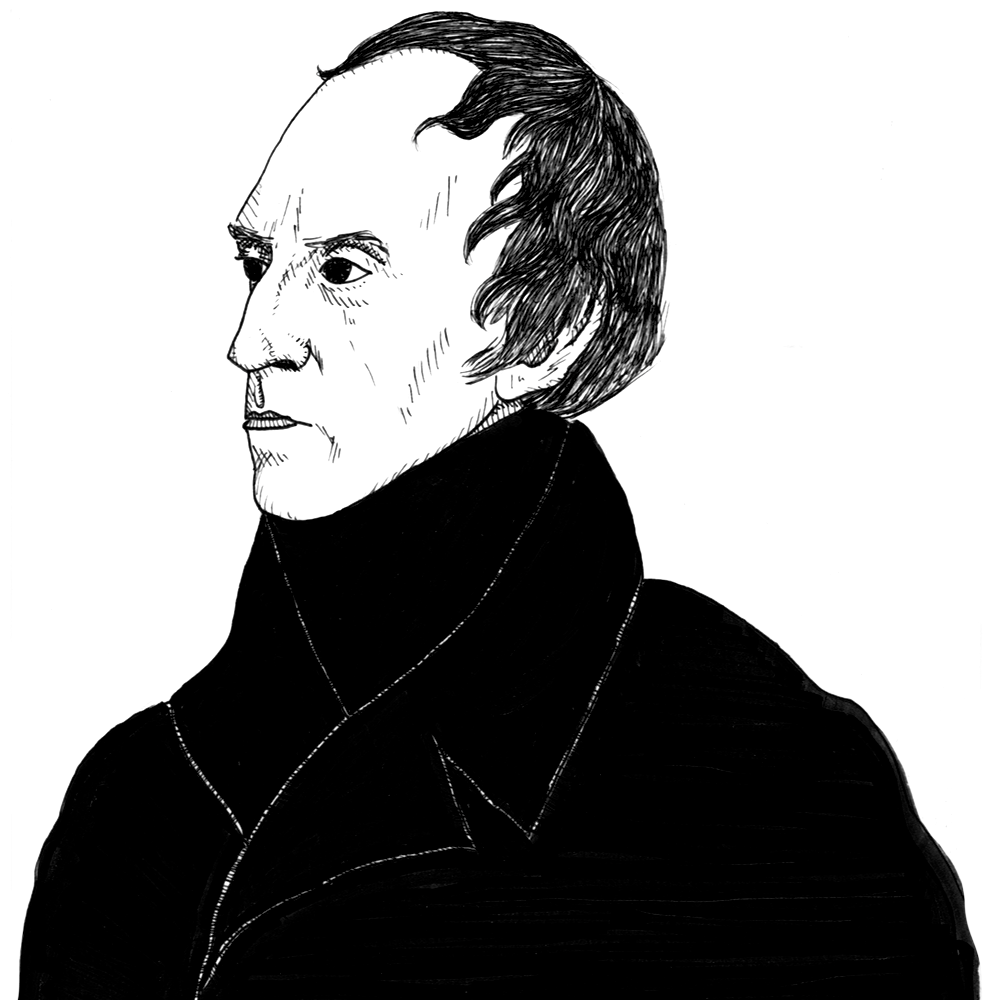

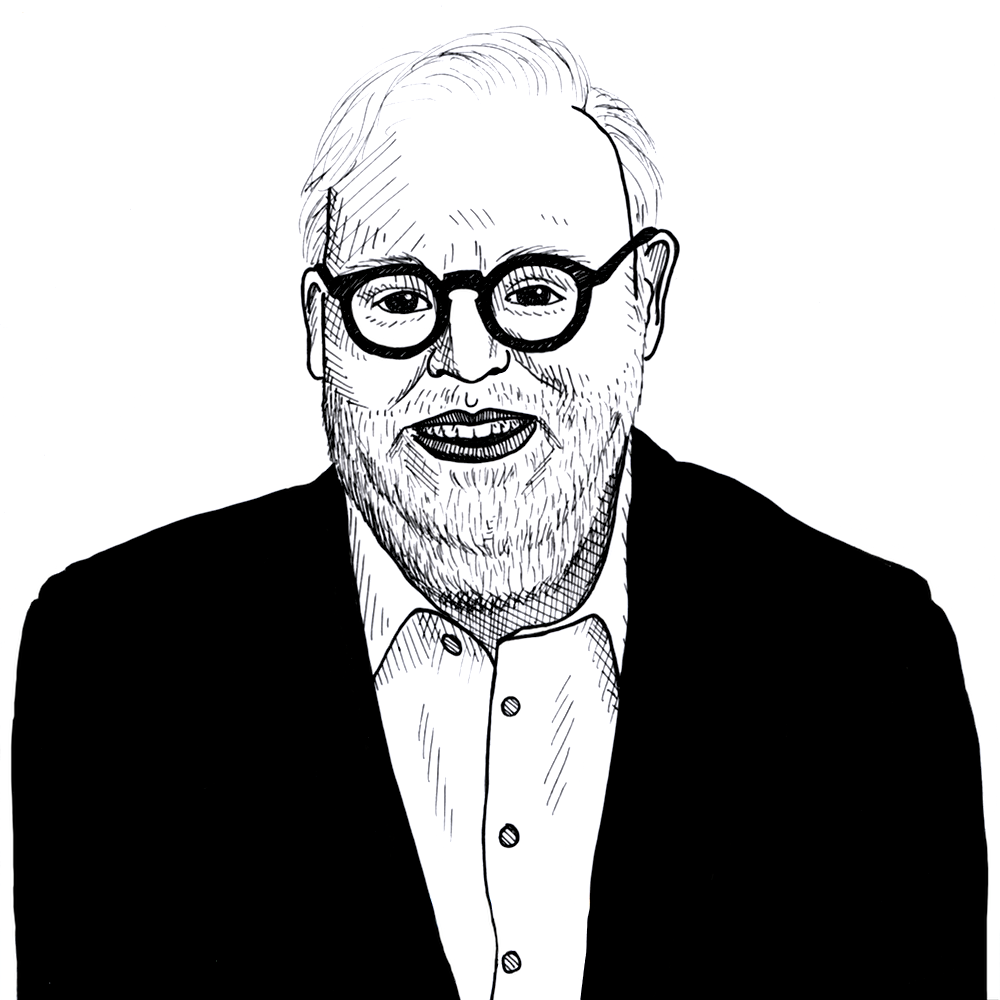
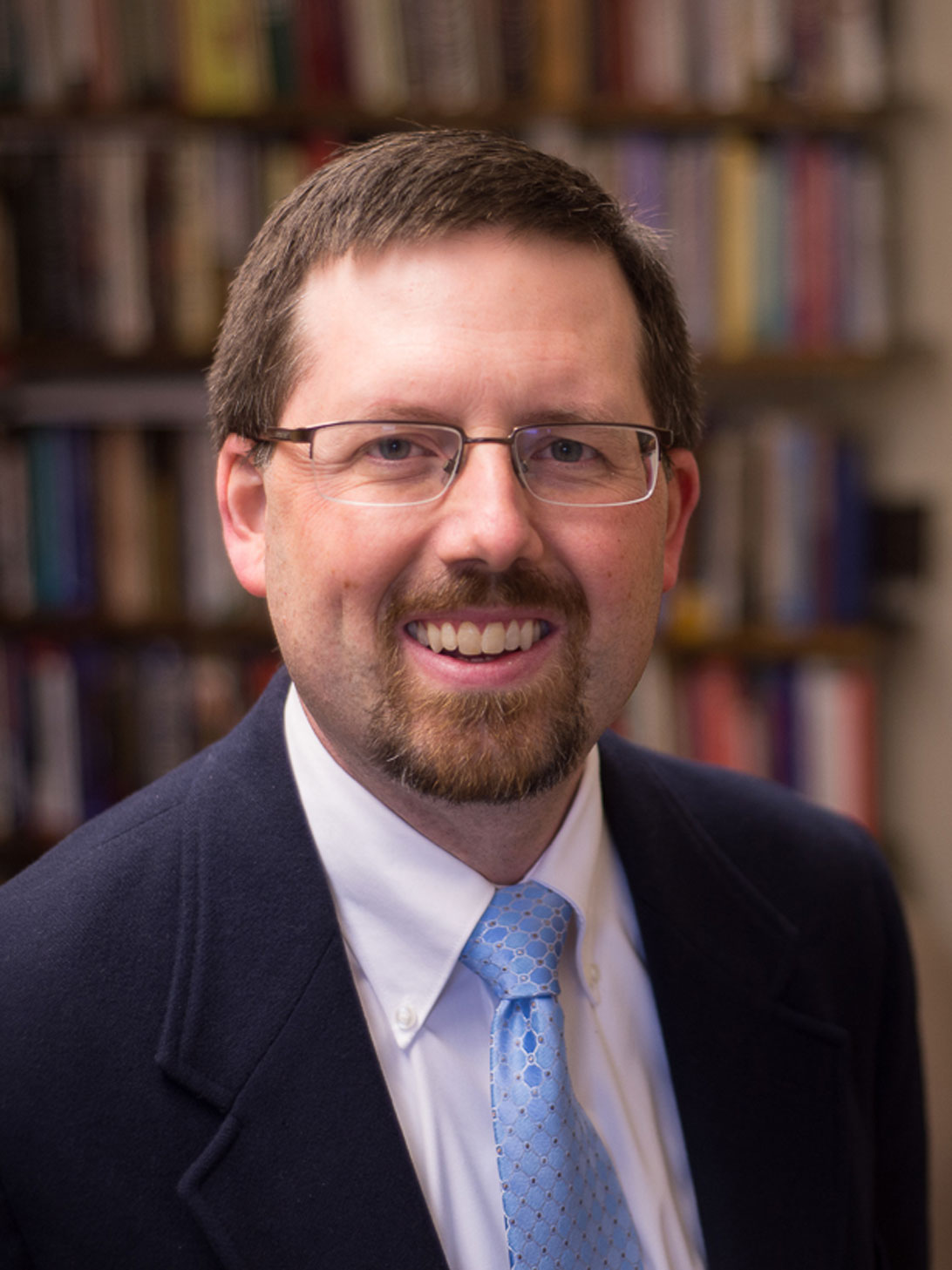
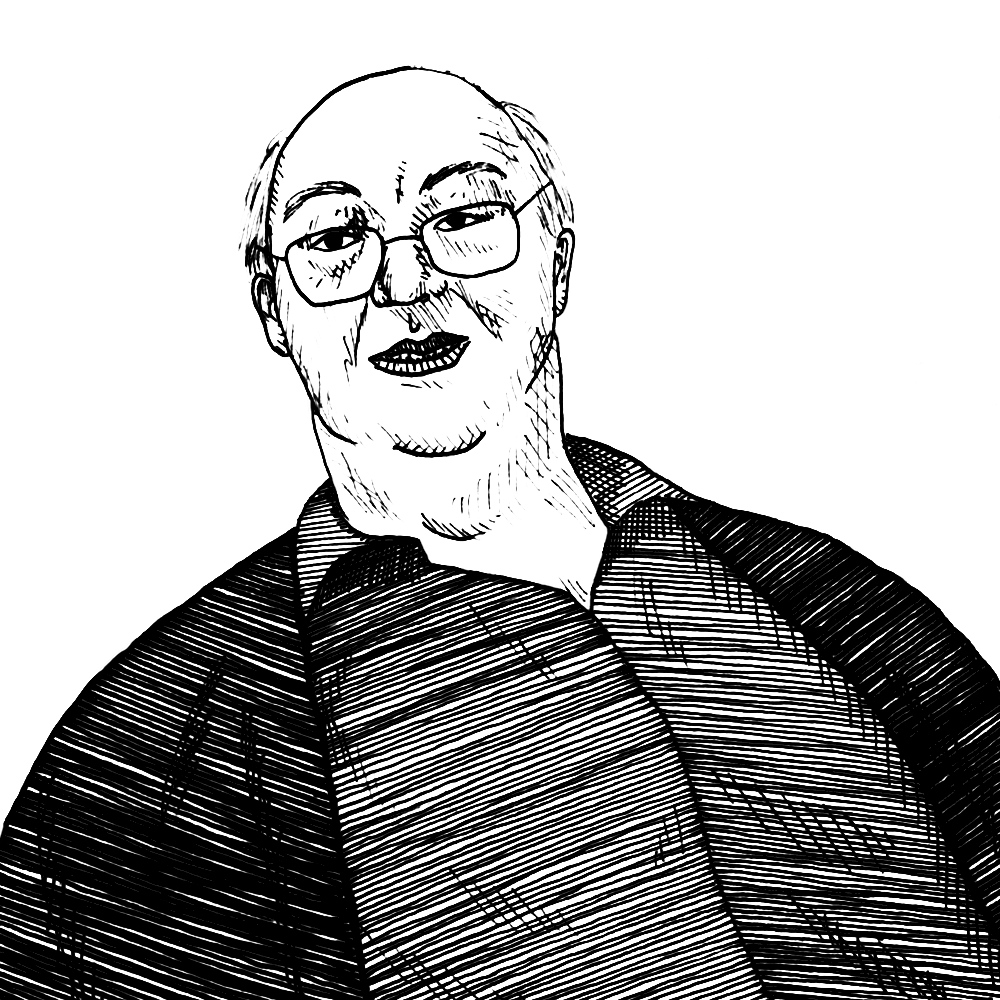
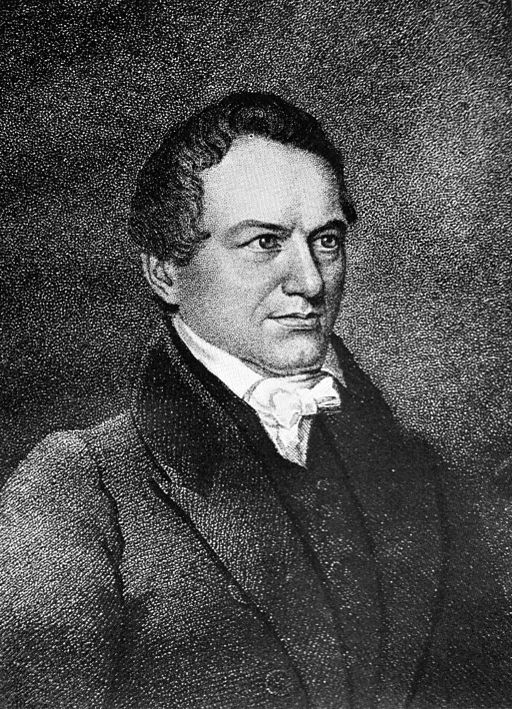
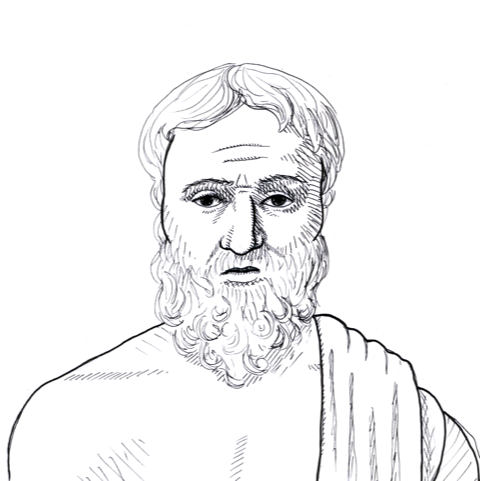


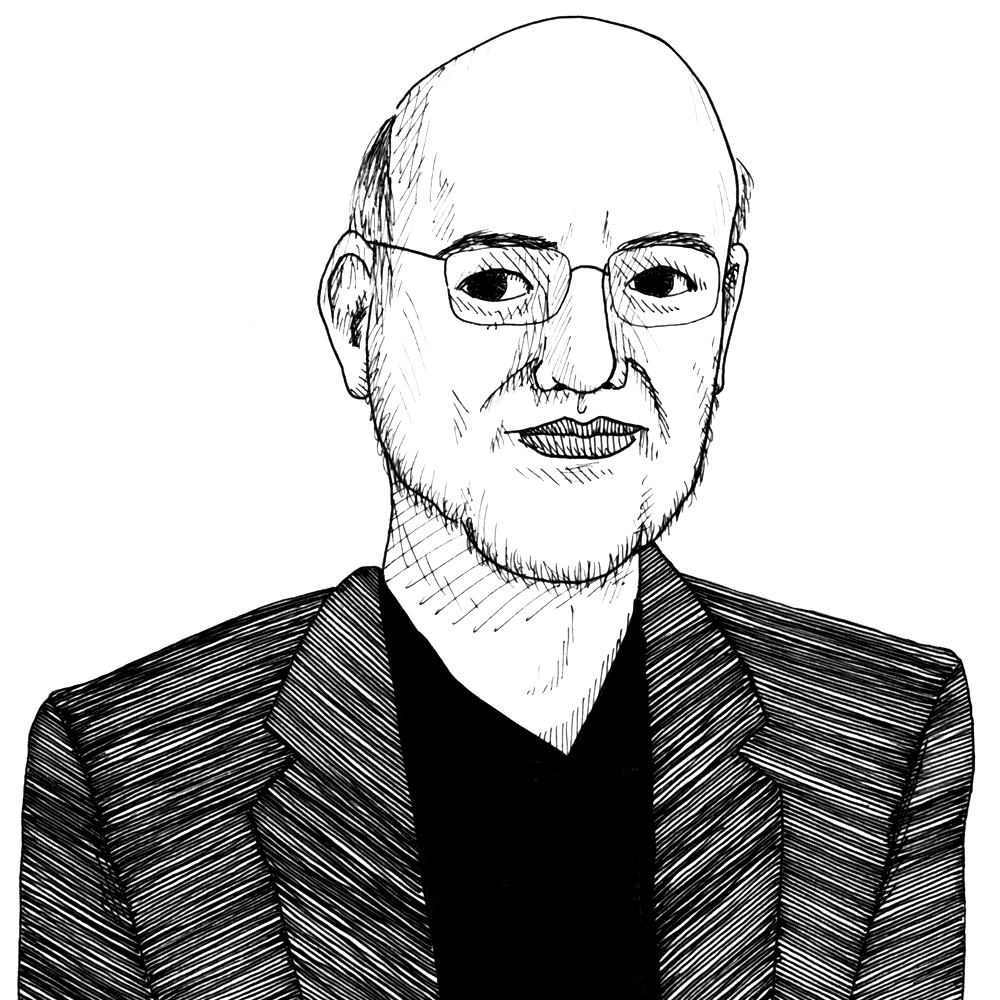
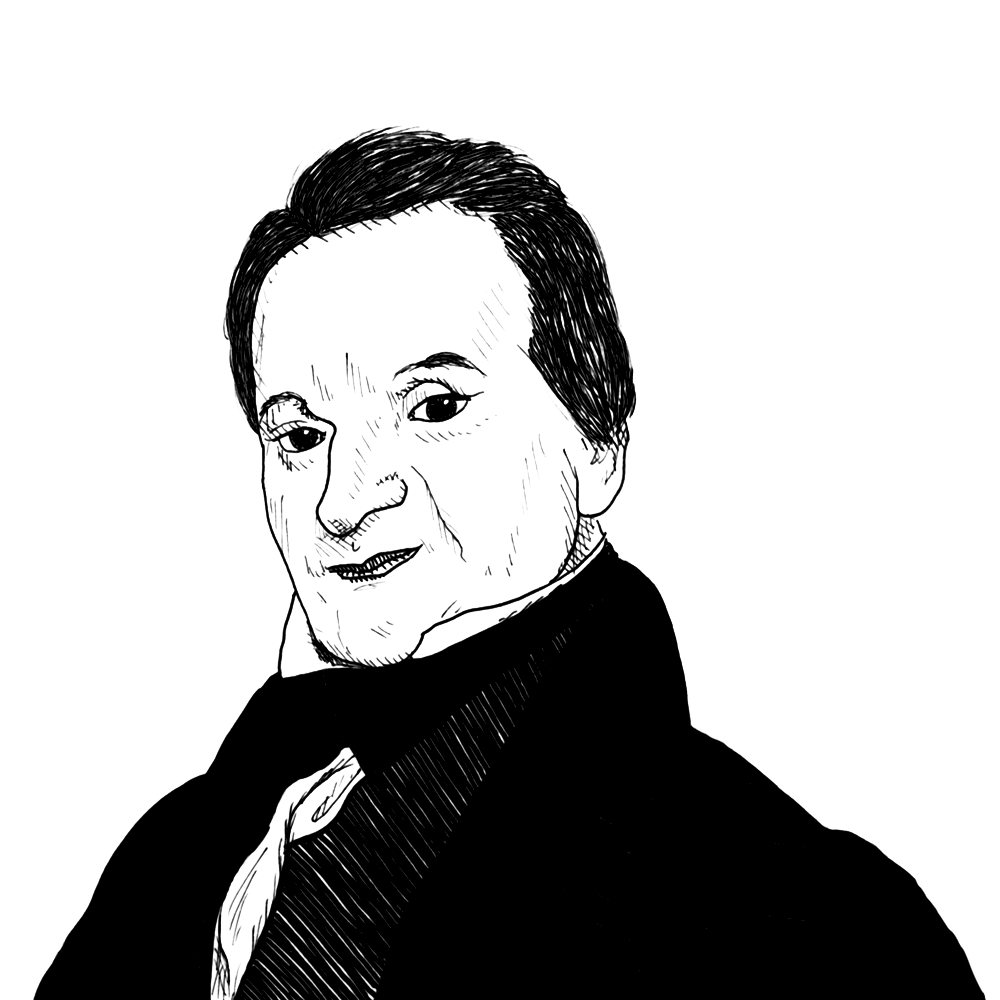
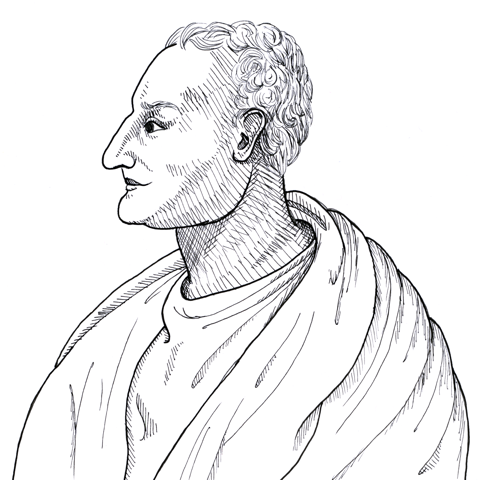
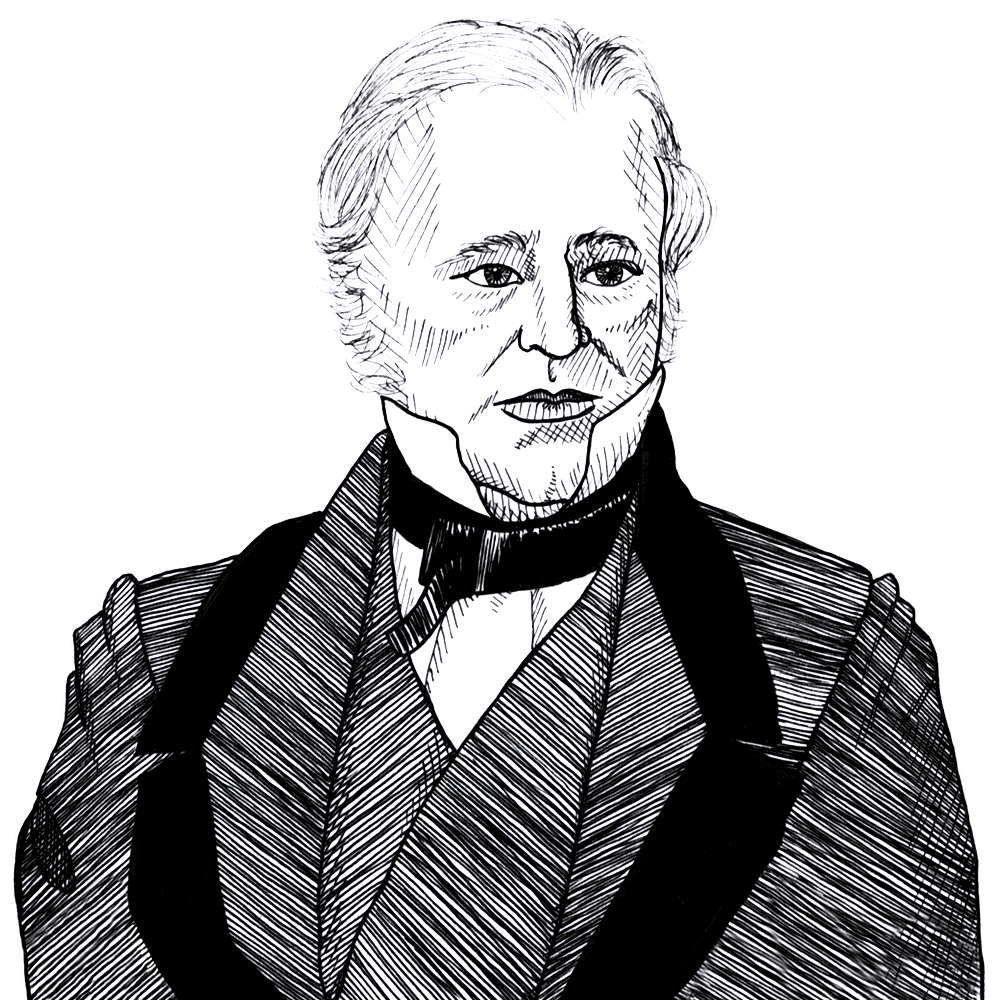
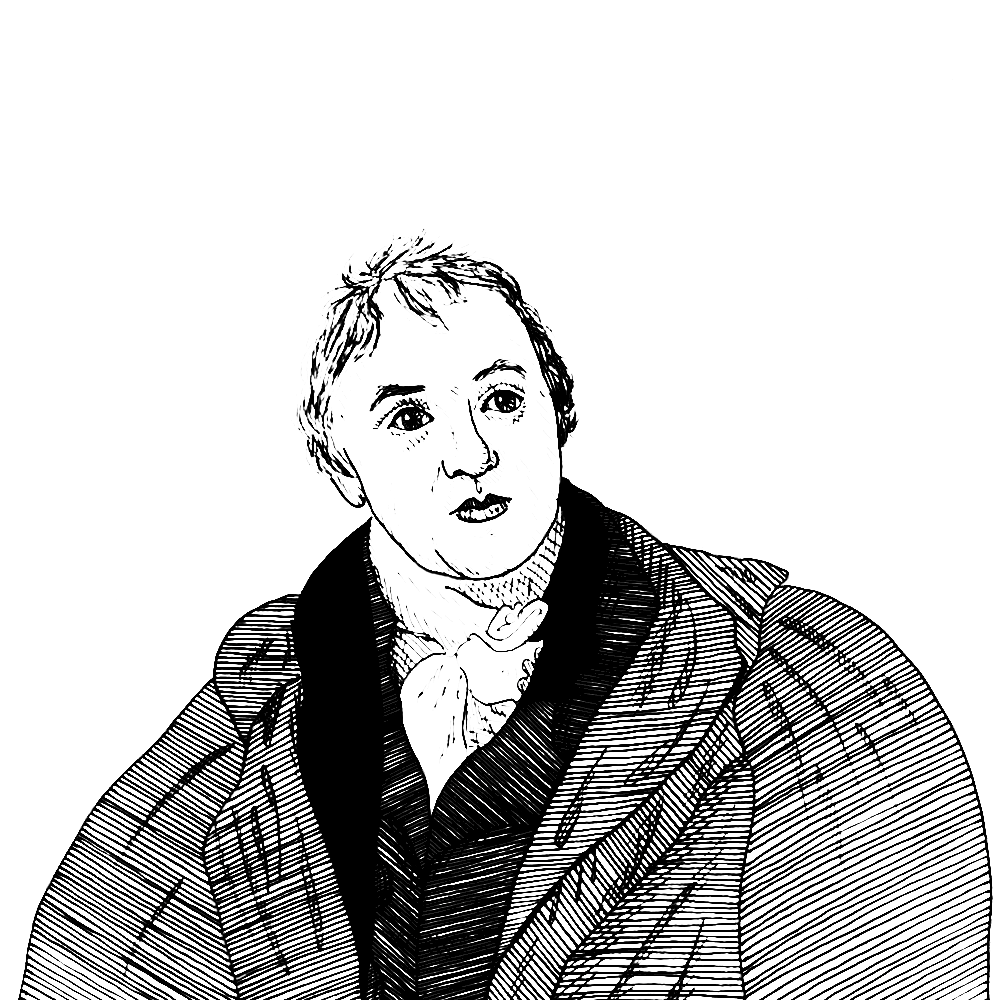
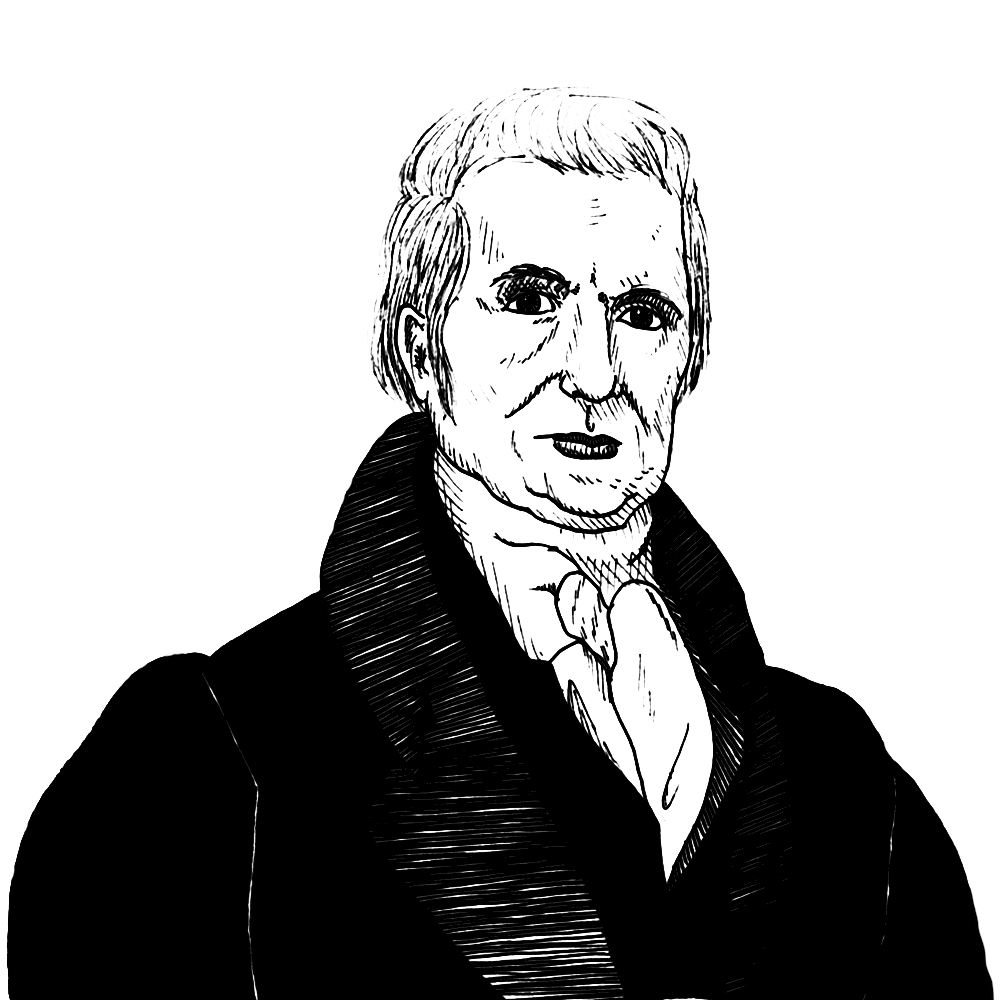
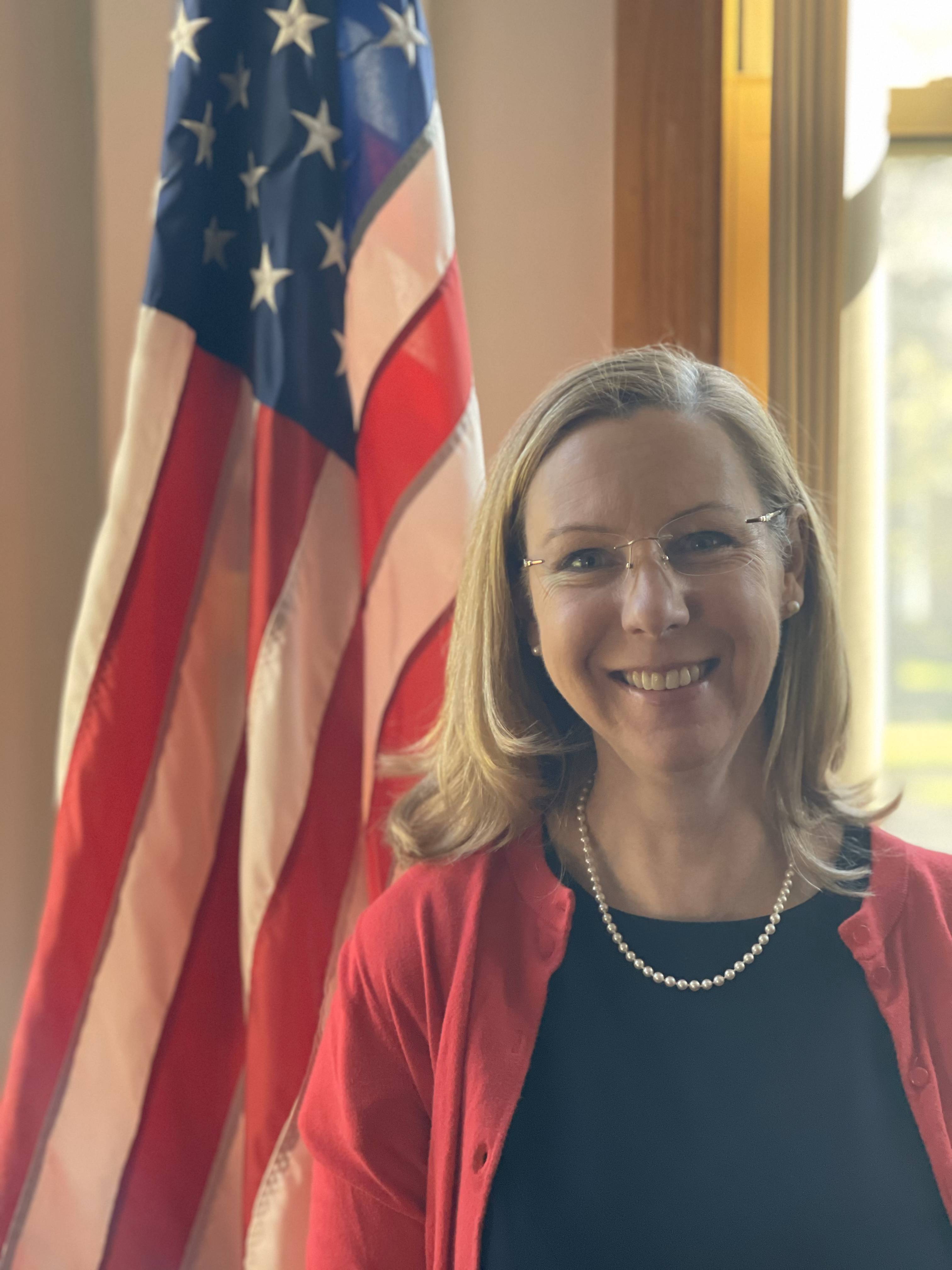


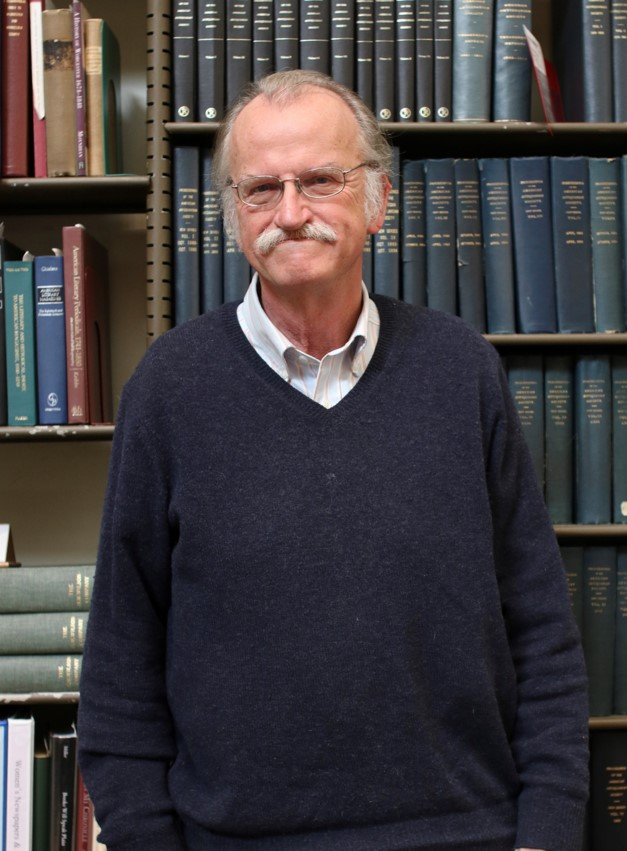


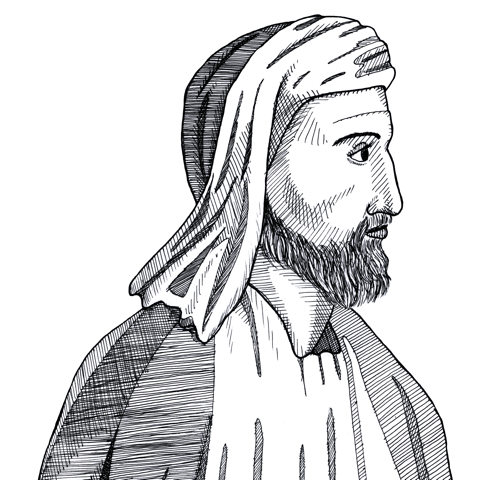

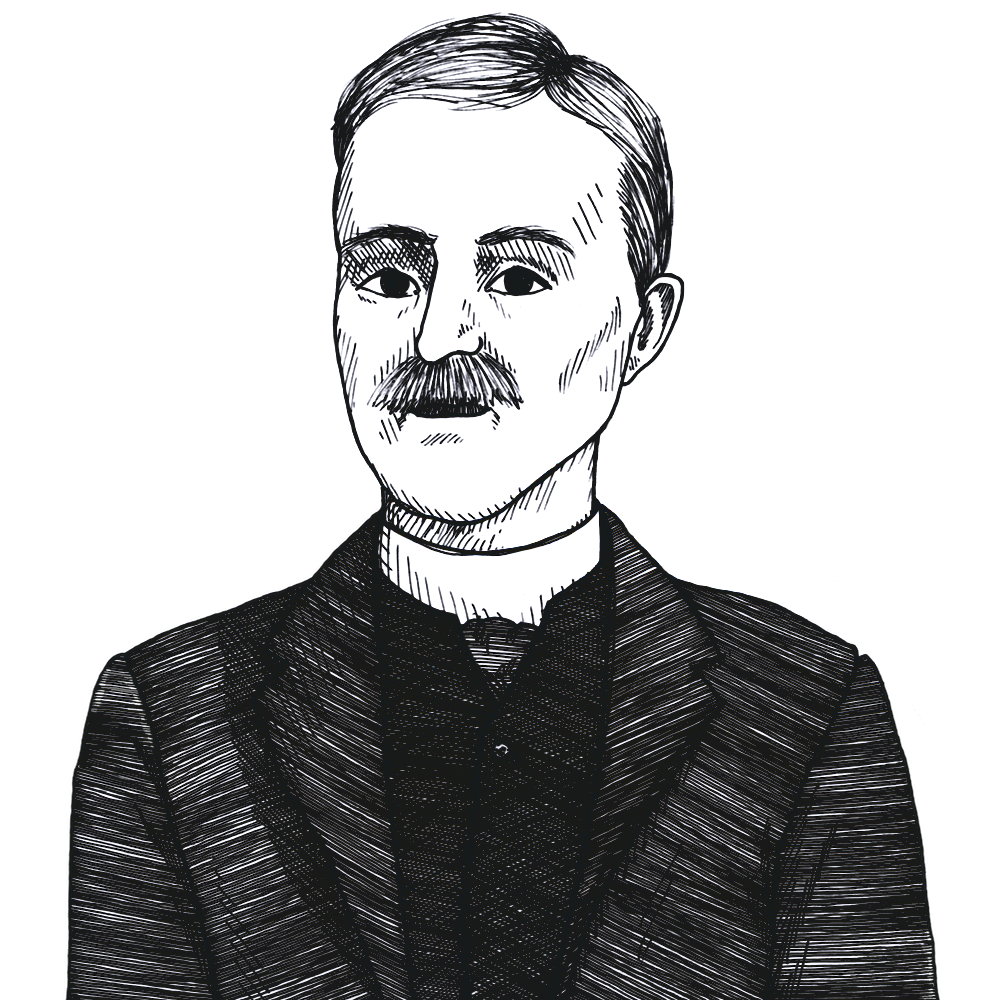


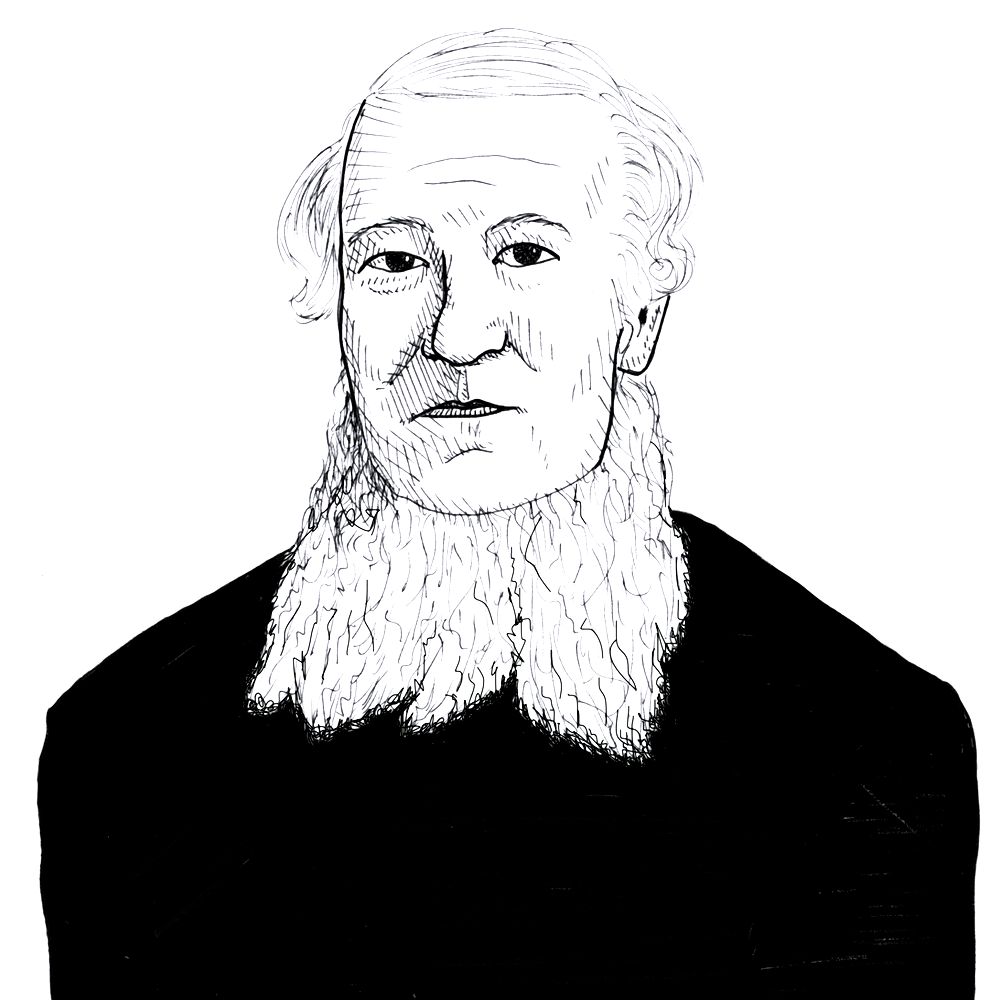


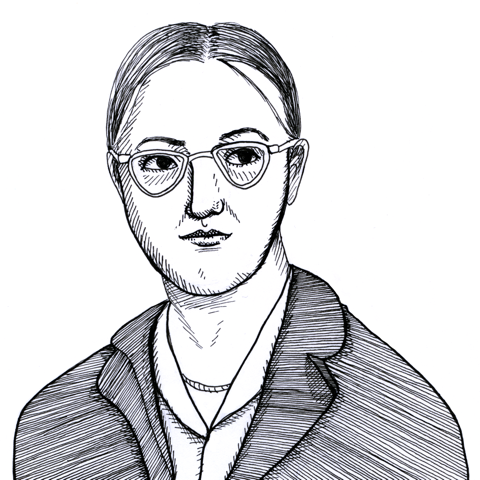
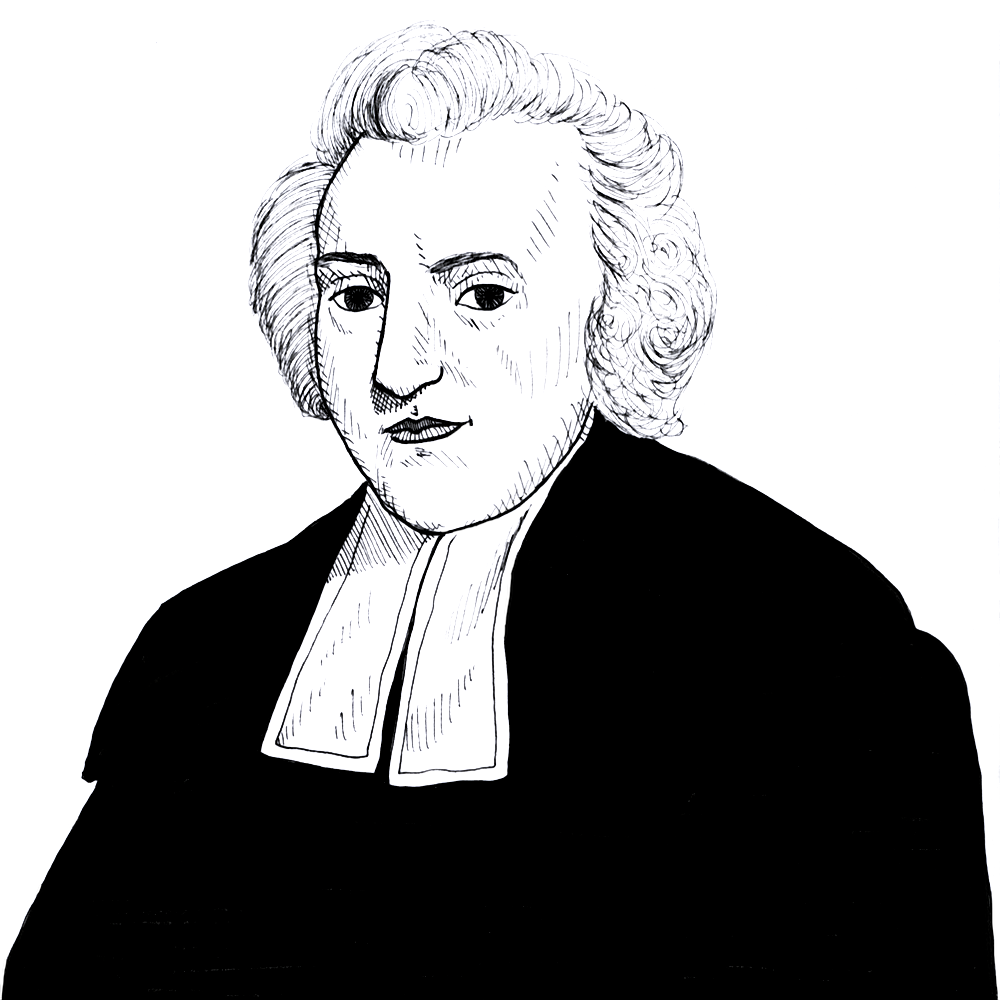
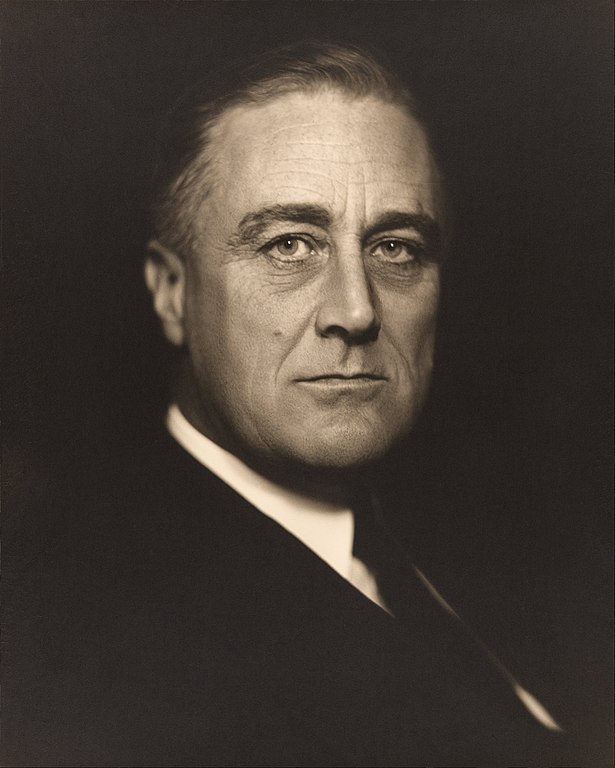
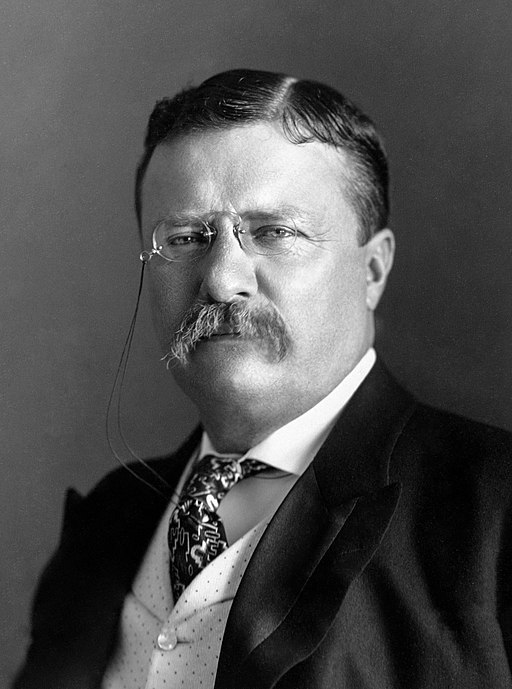


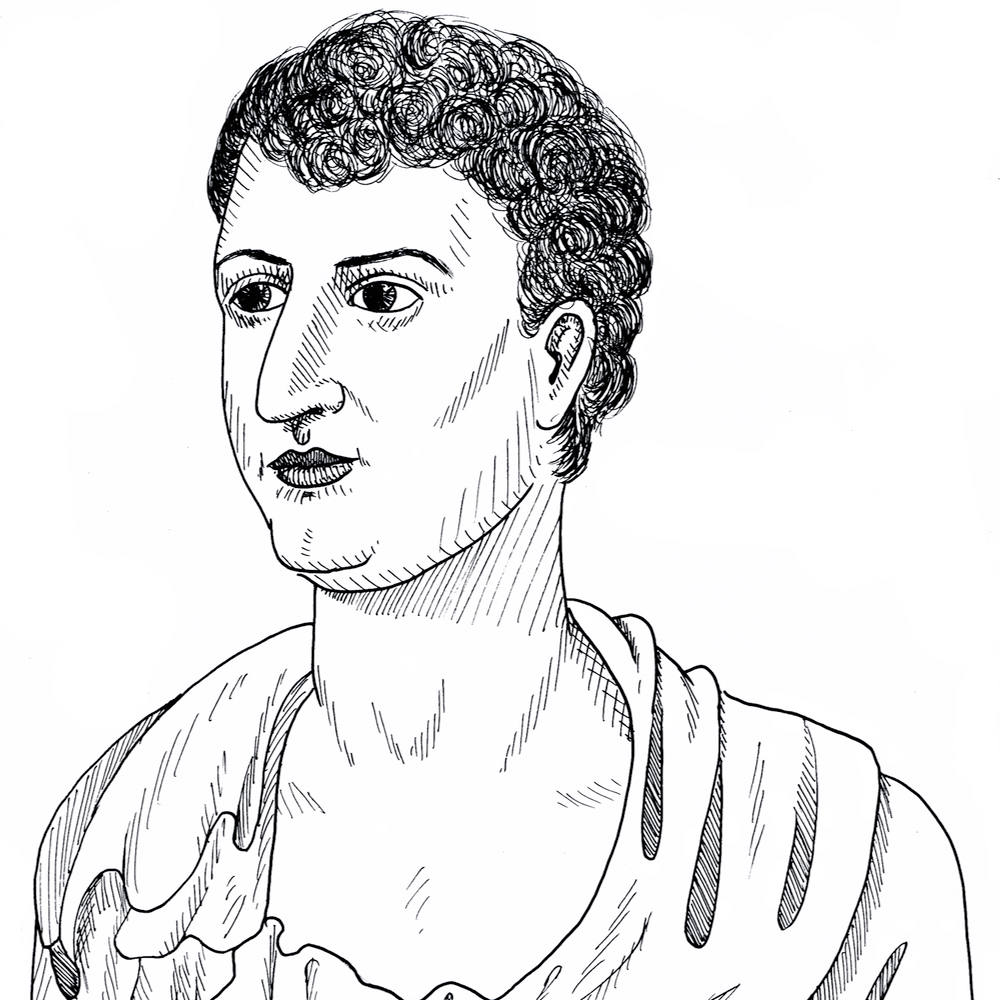


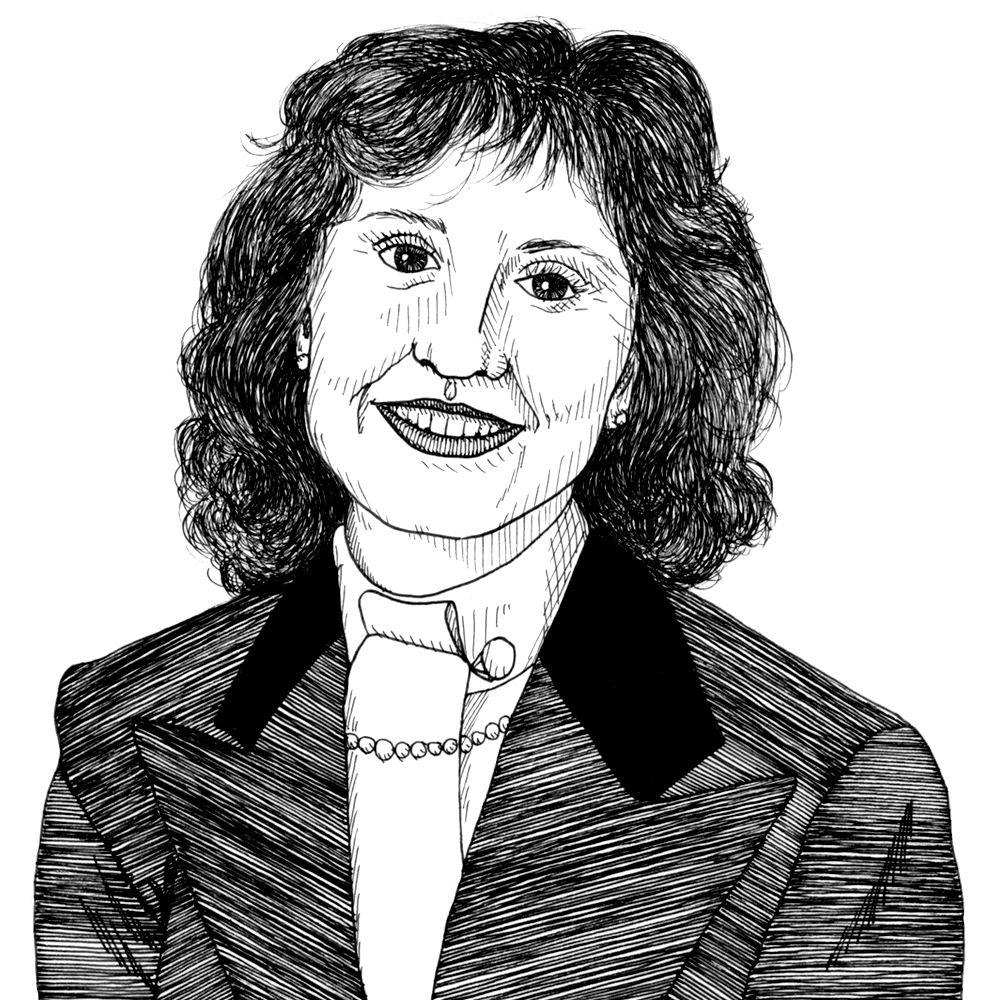
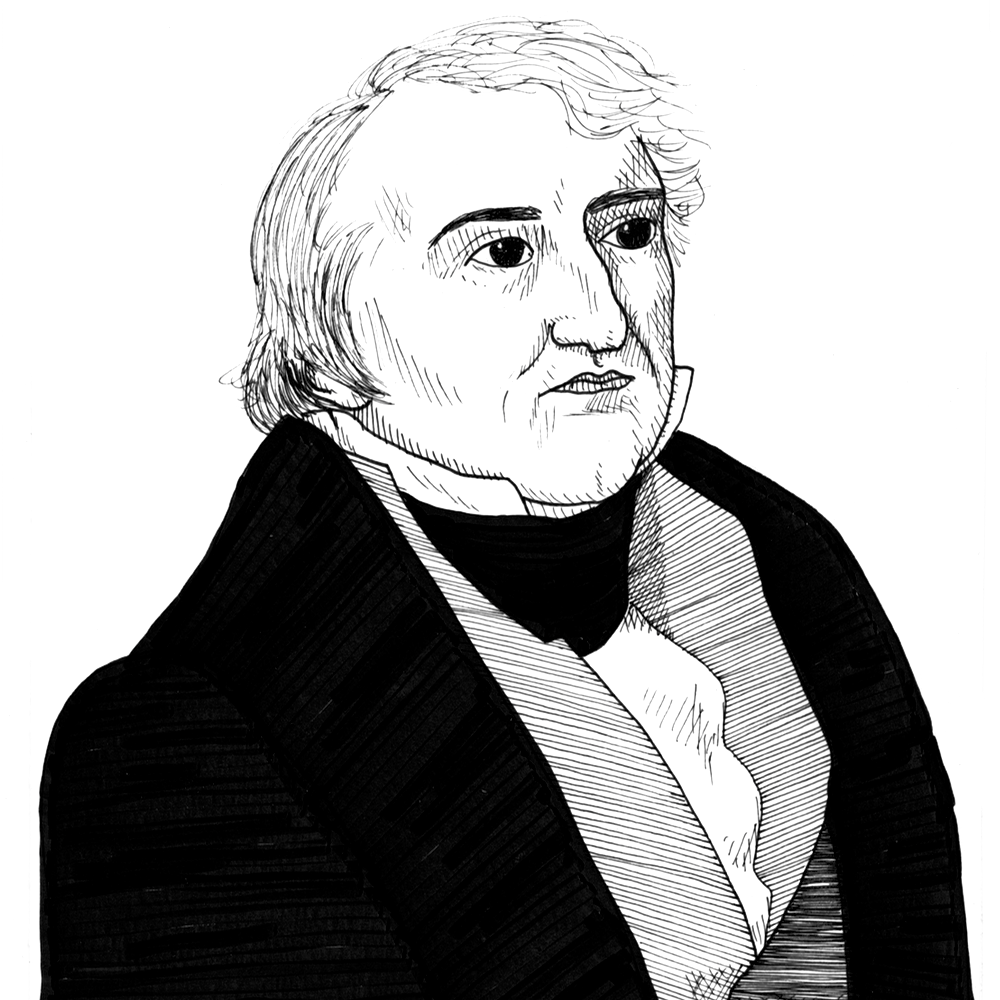


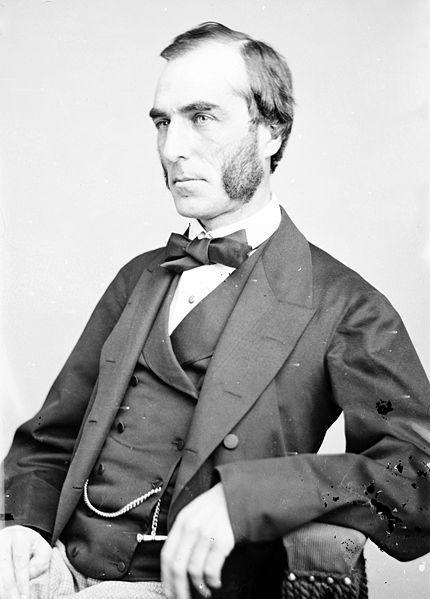



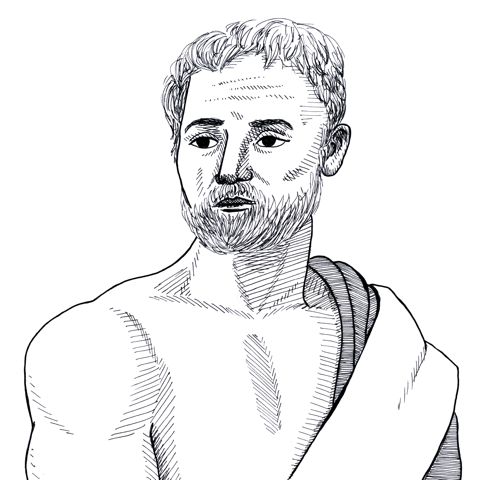
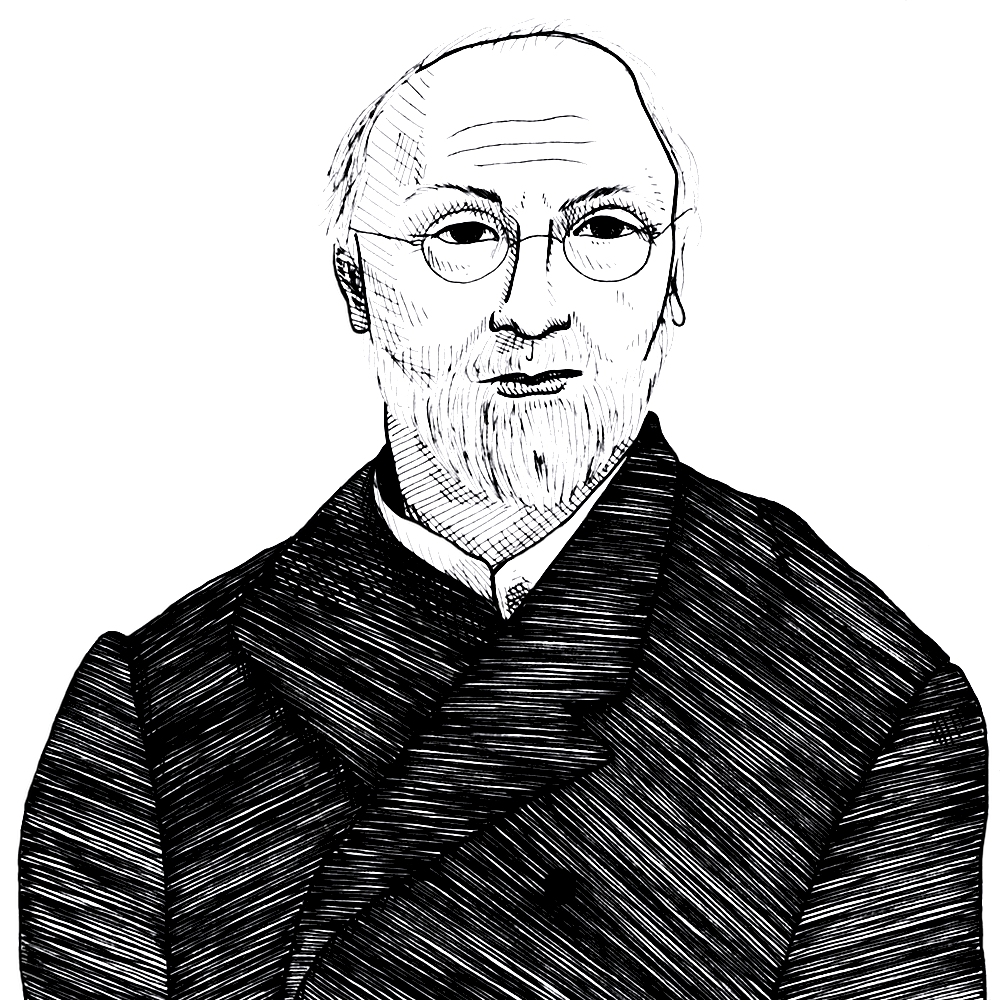

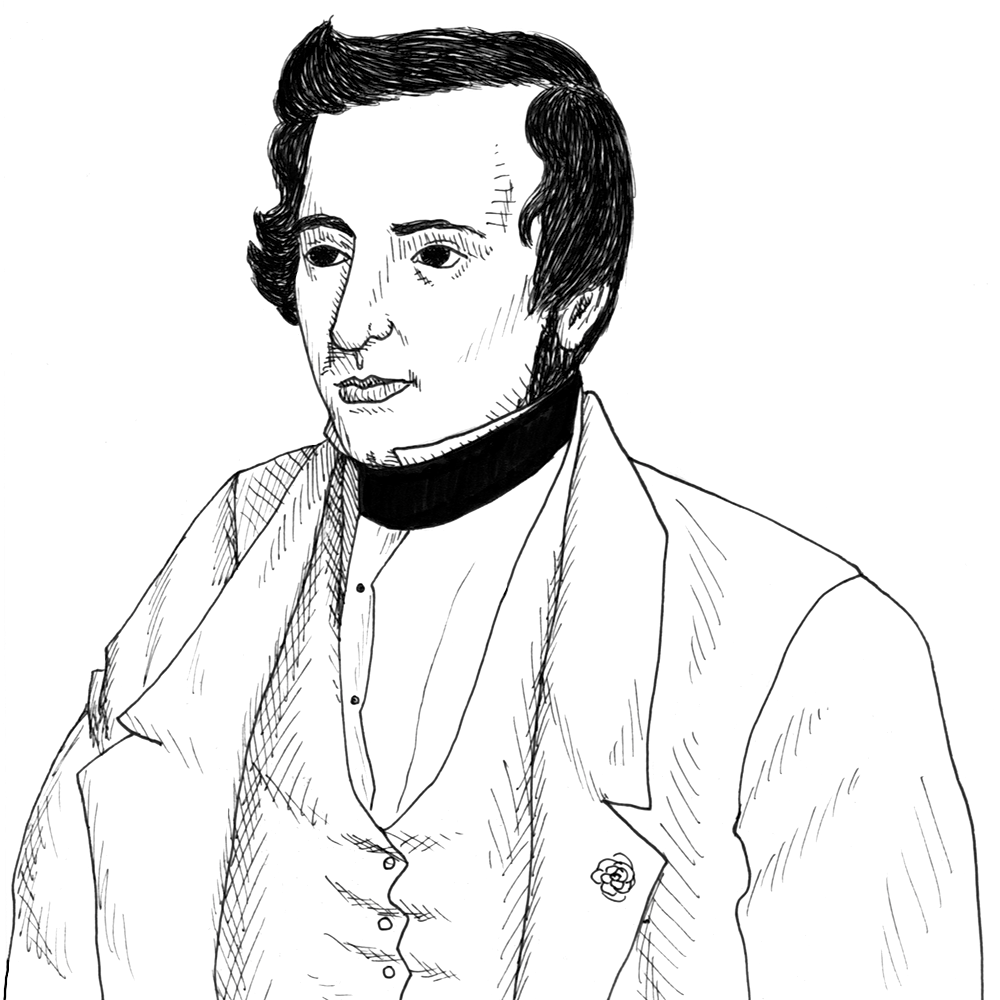
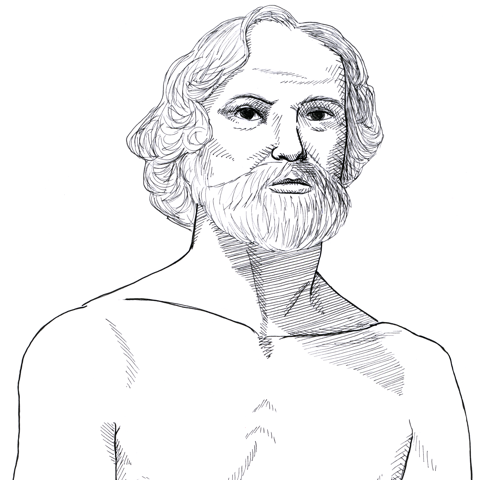


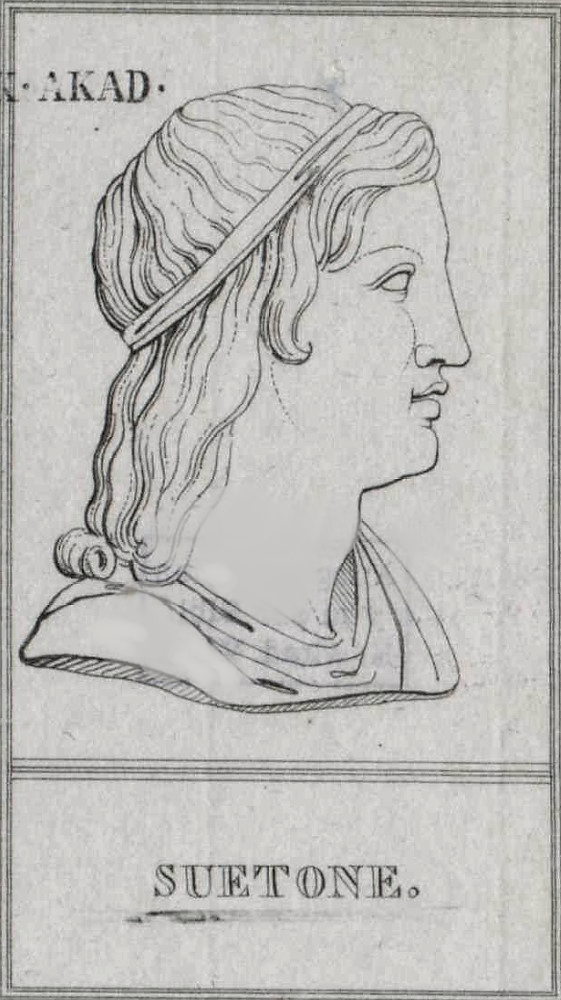
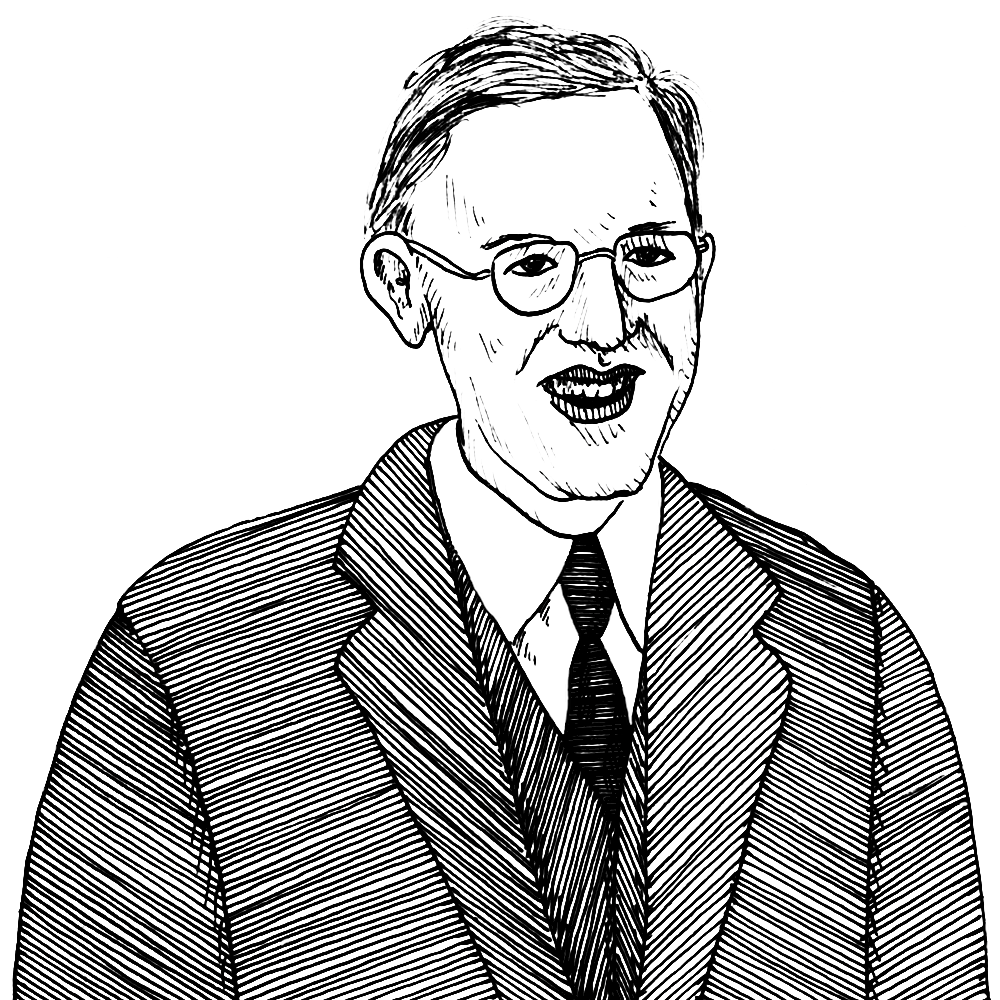





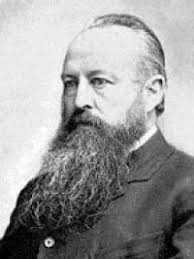
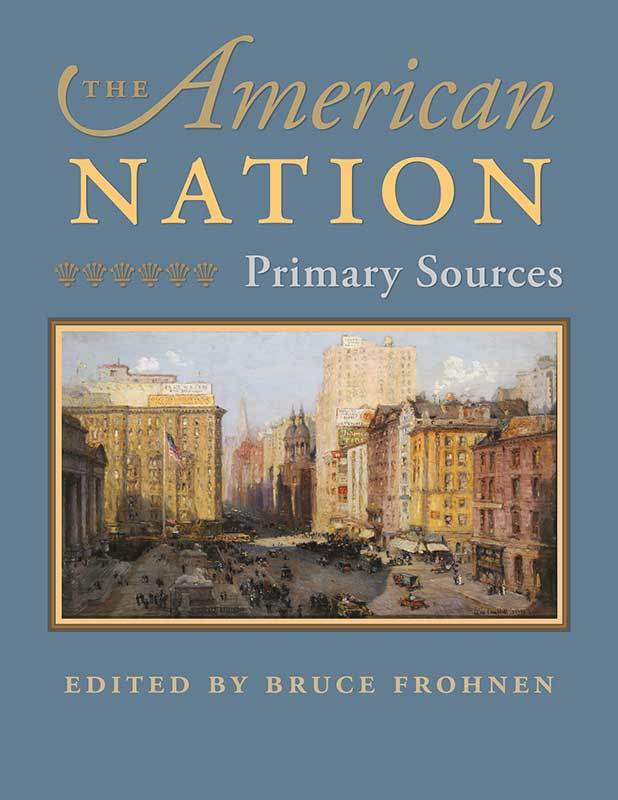
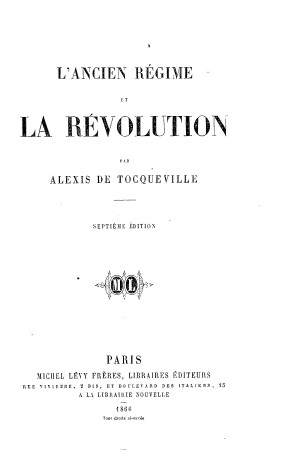
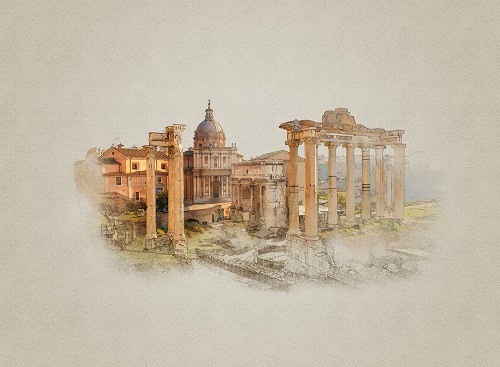
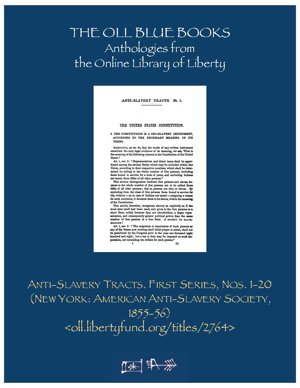
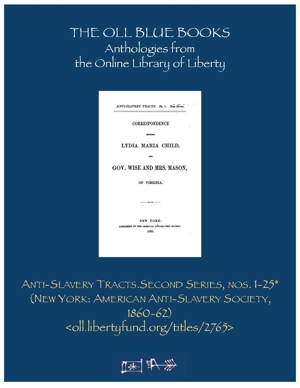
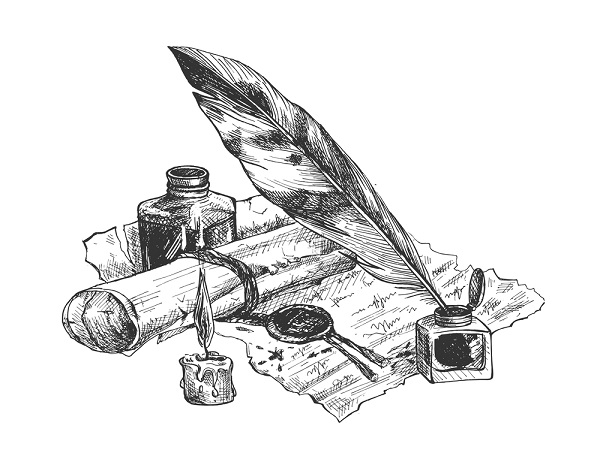
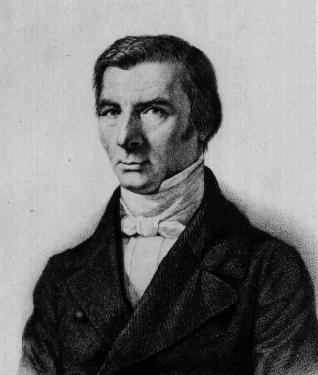


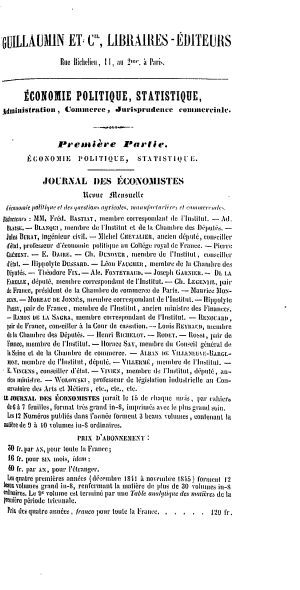
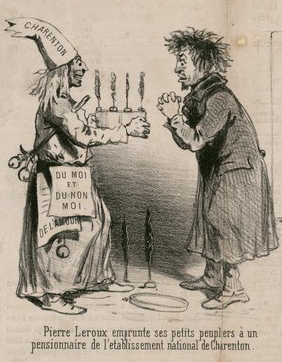
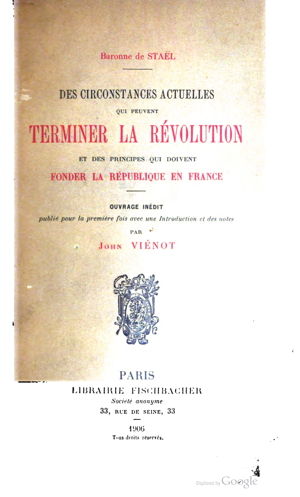
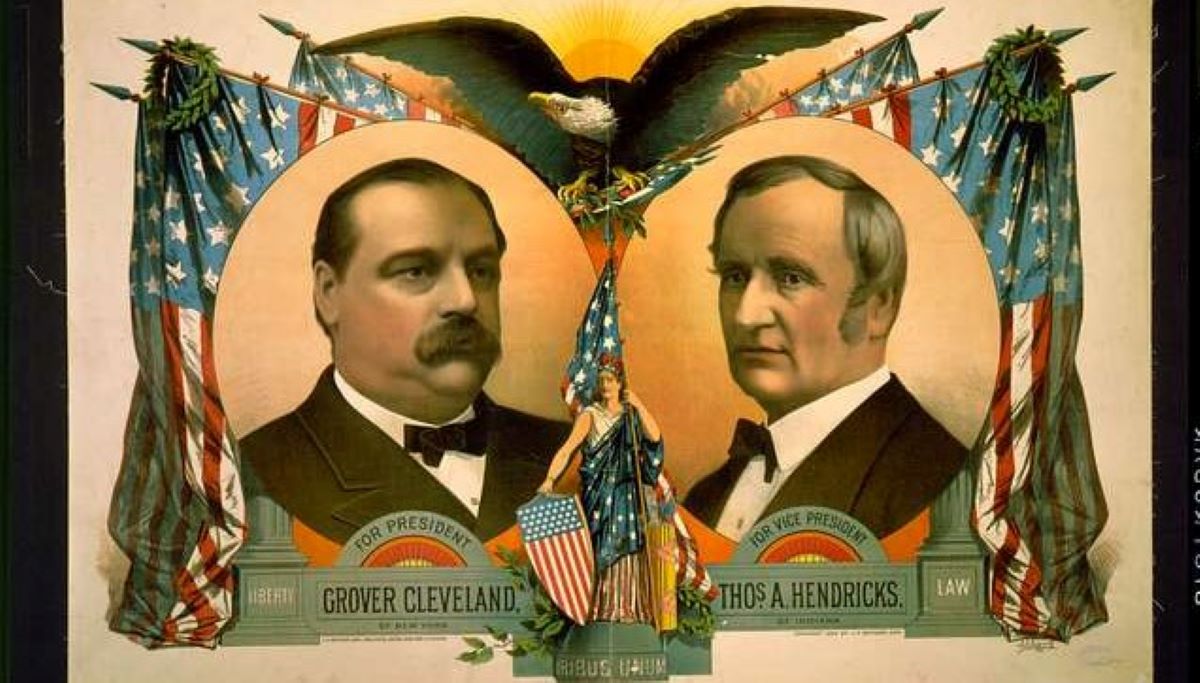
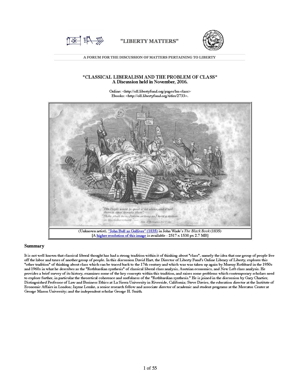
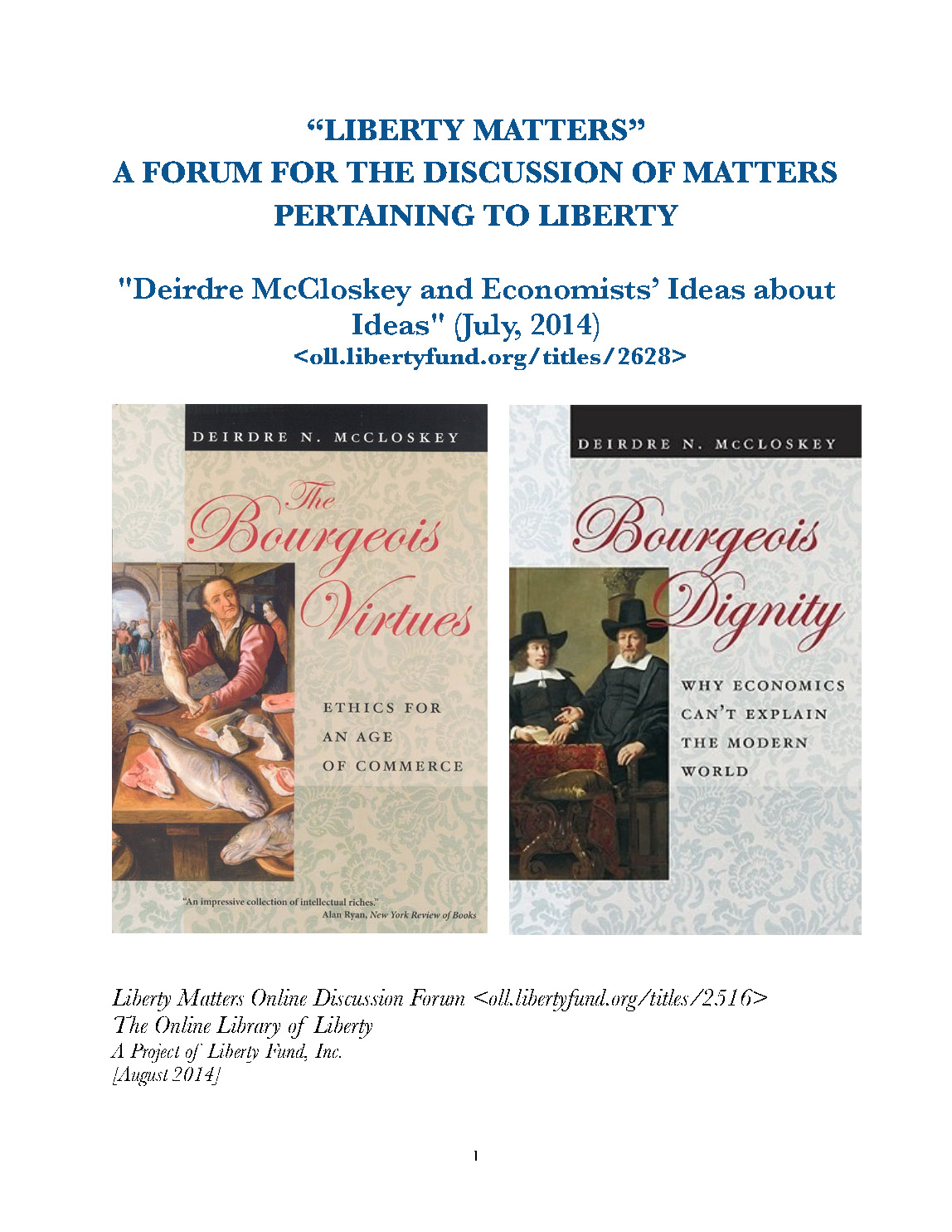
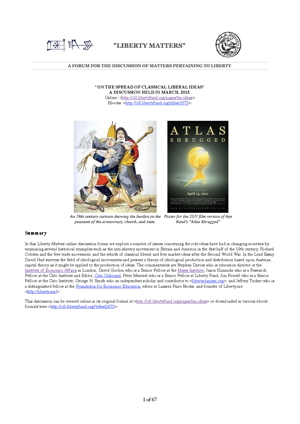

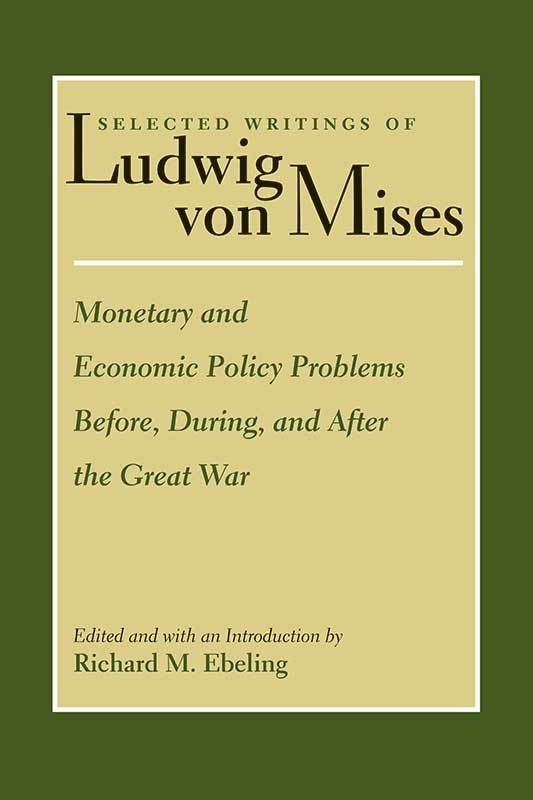
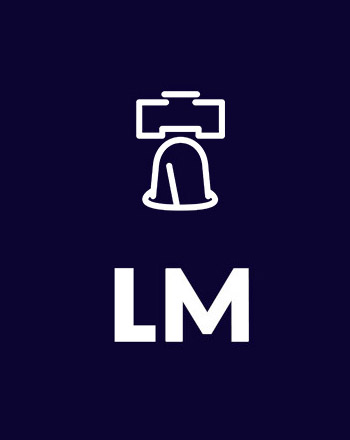
Social History And Conditions. Social Problems. Social Reform